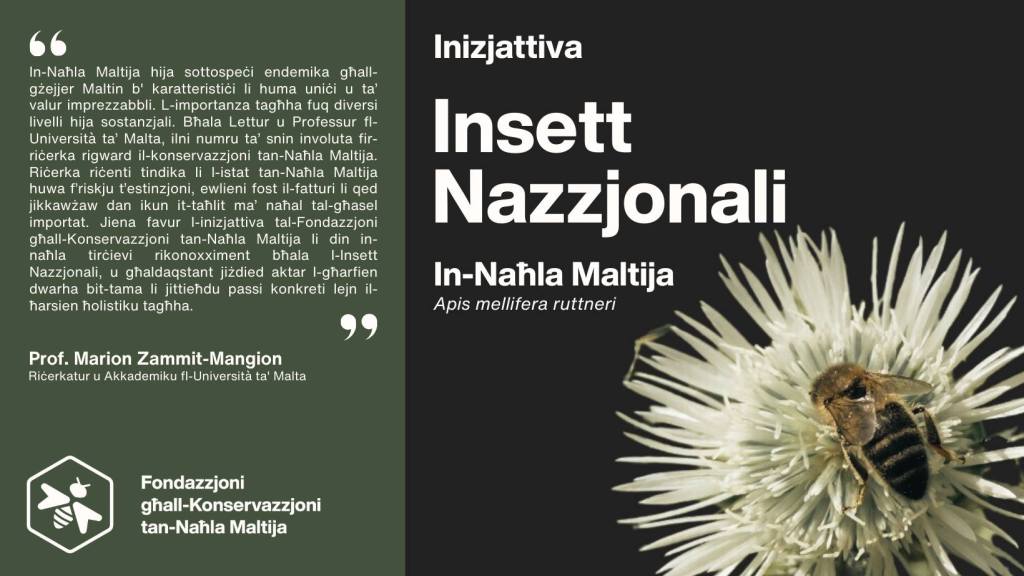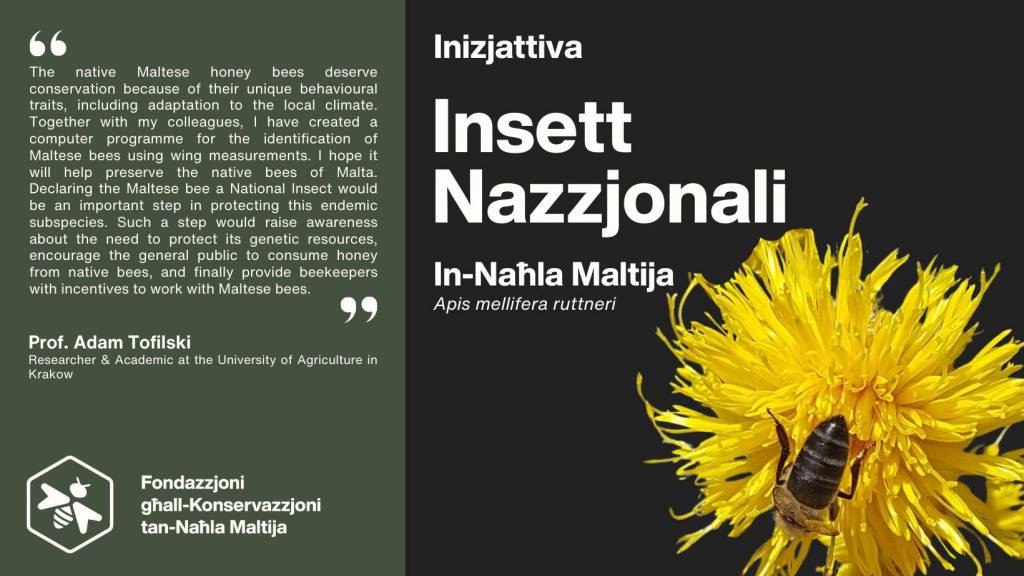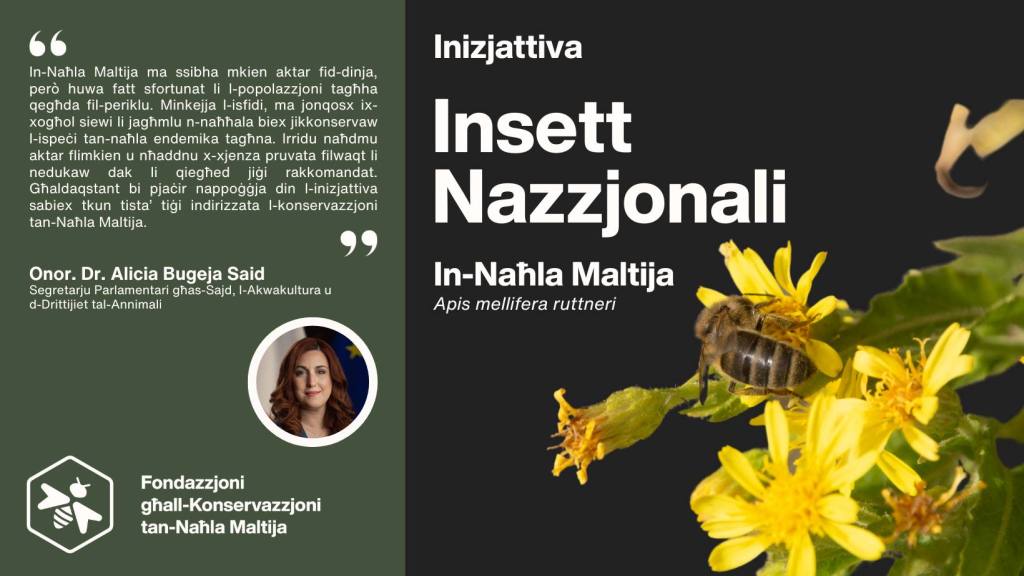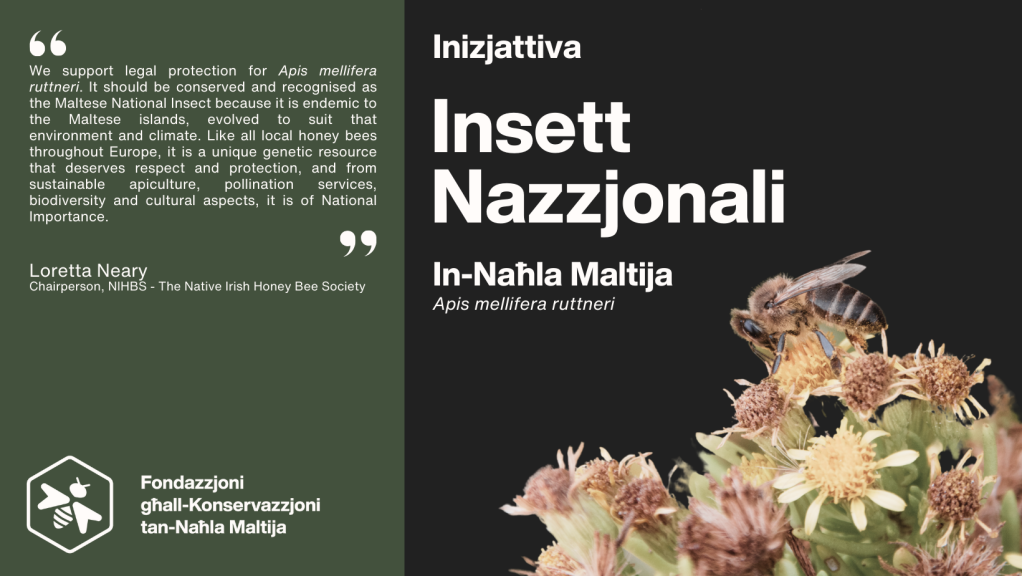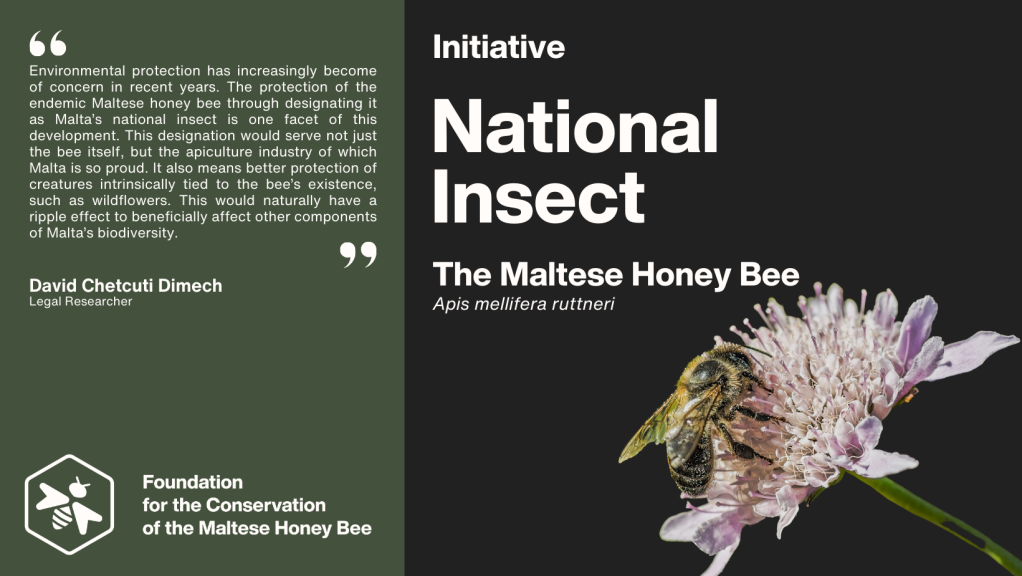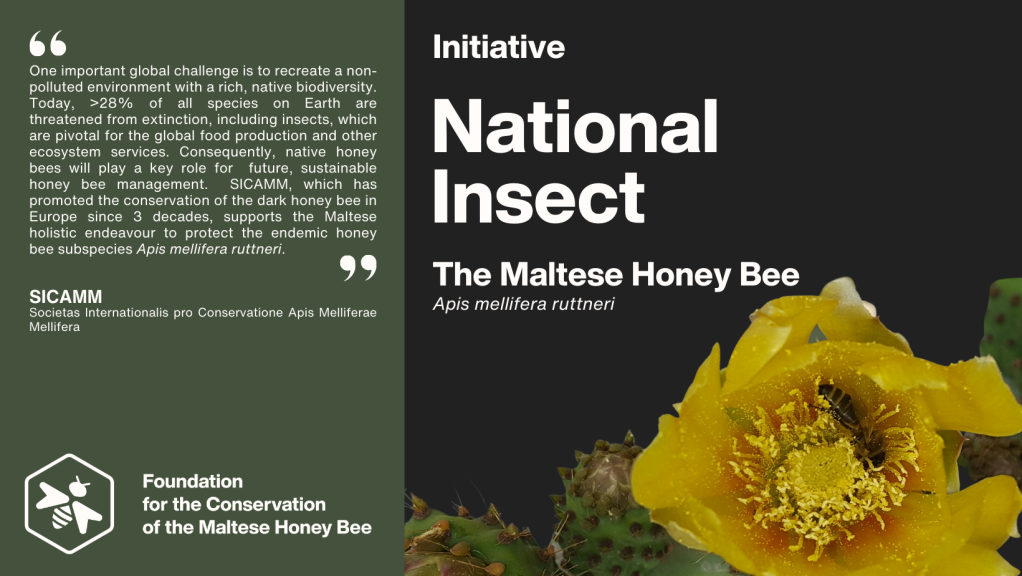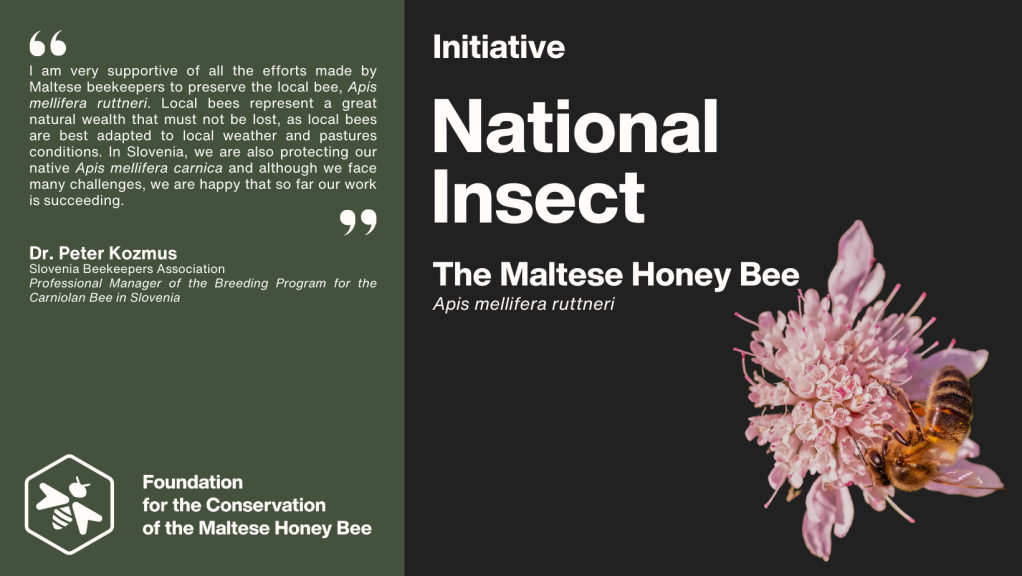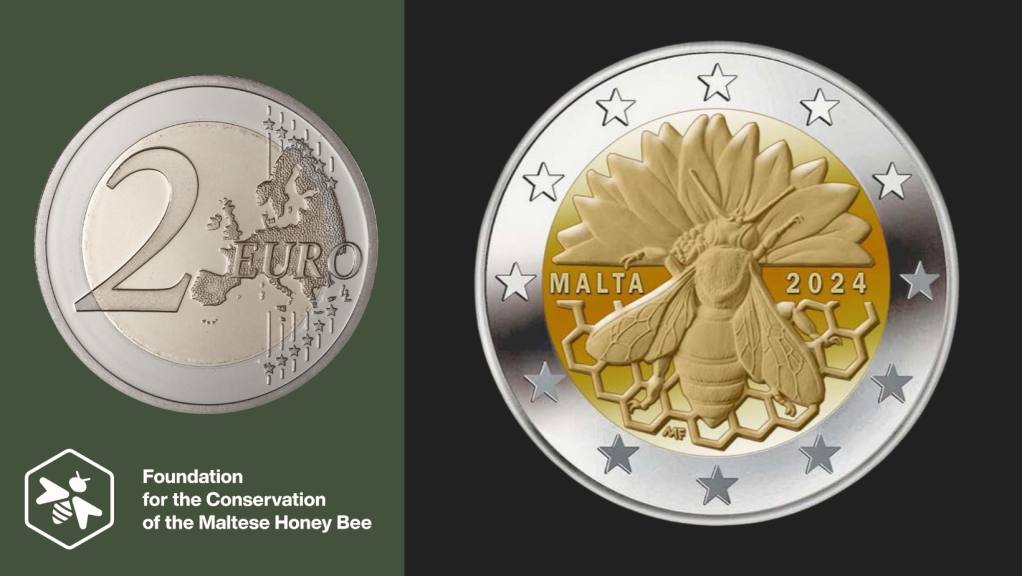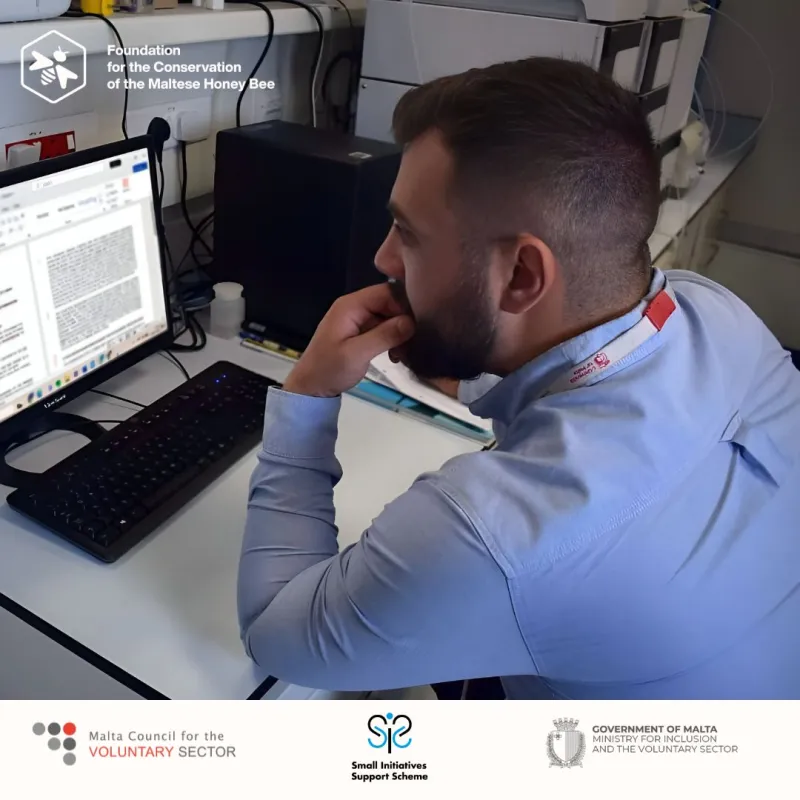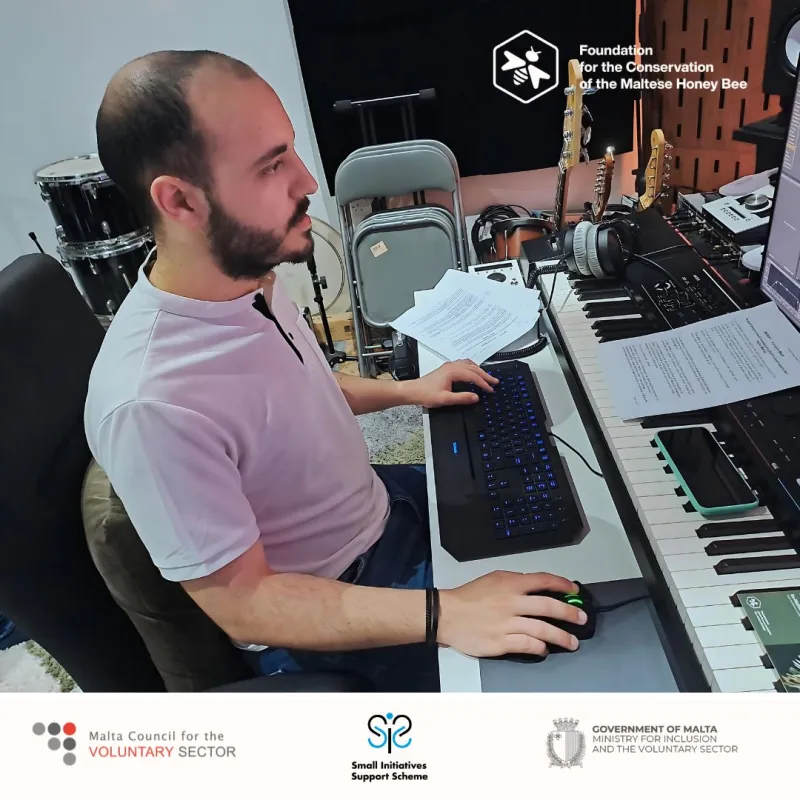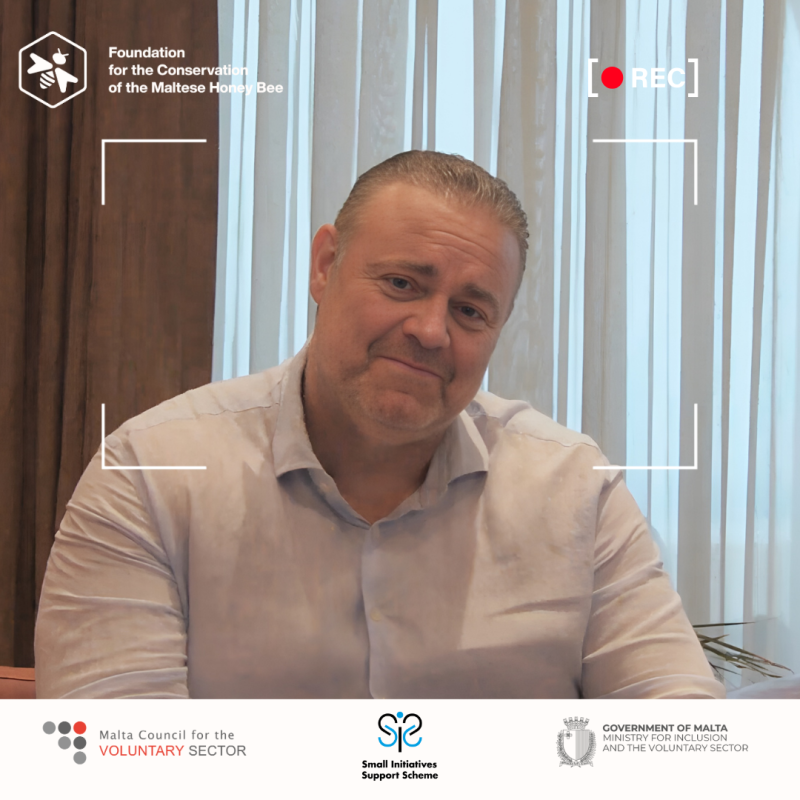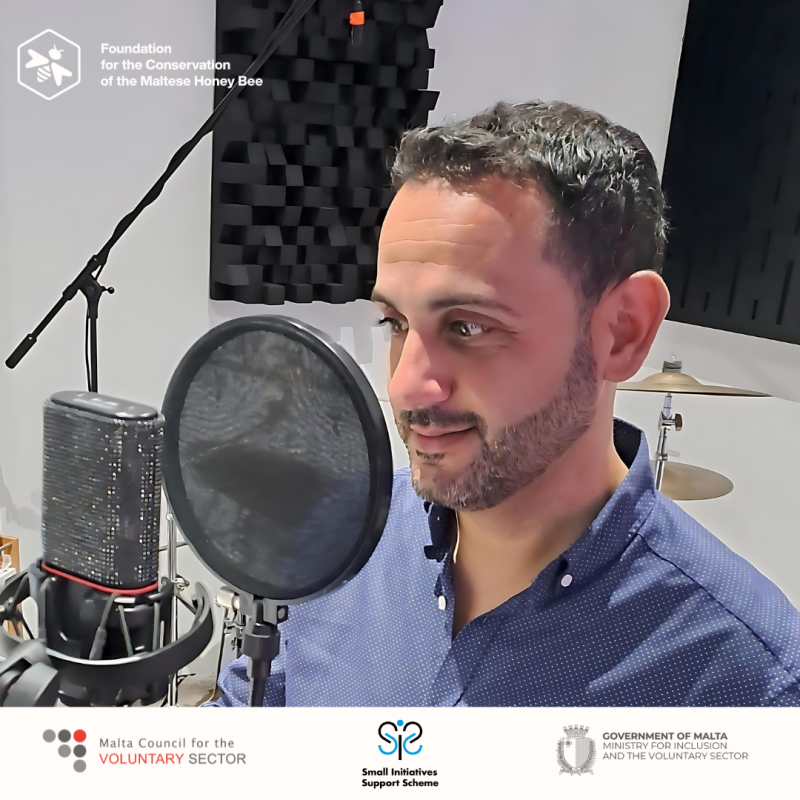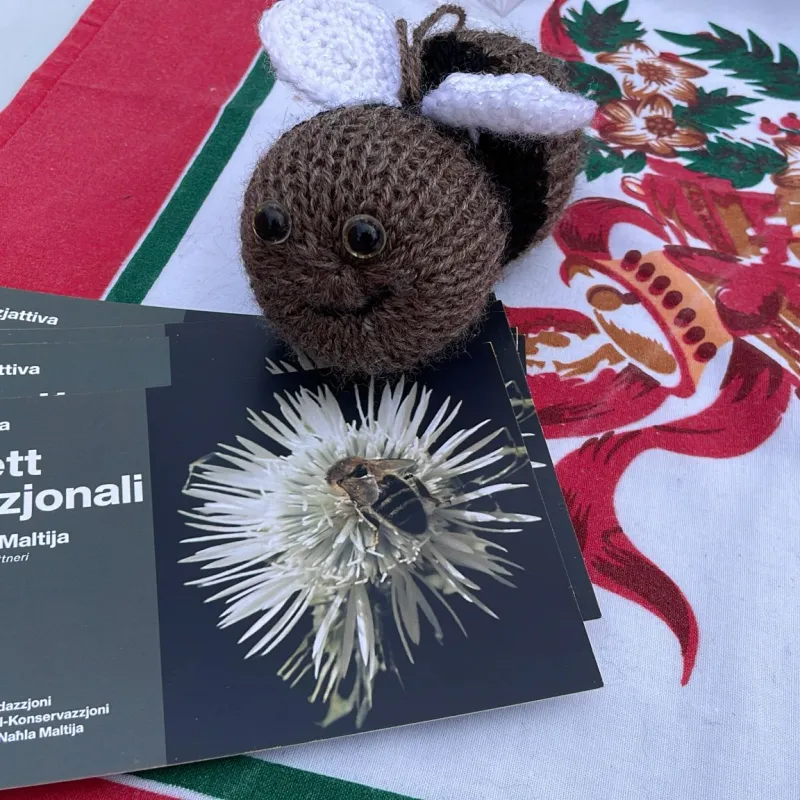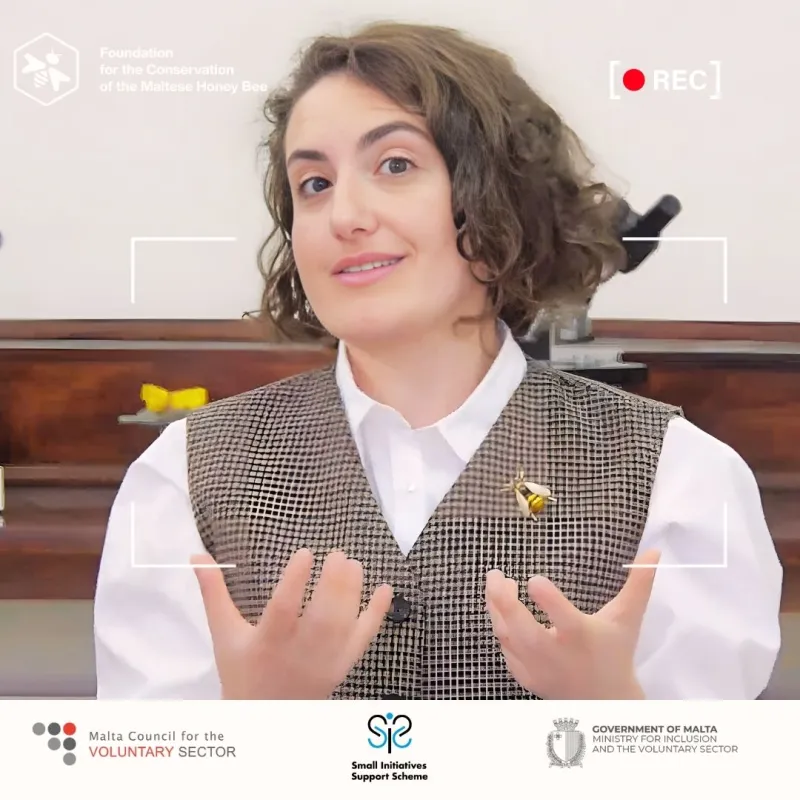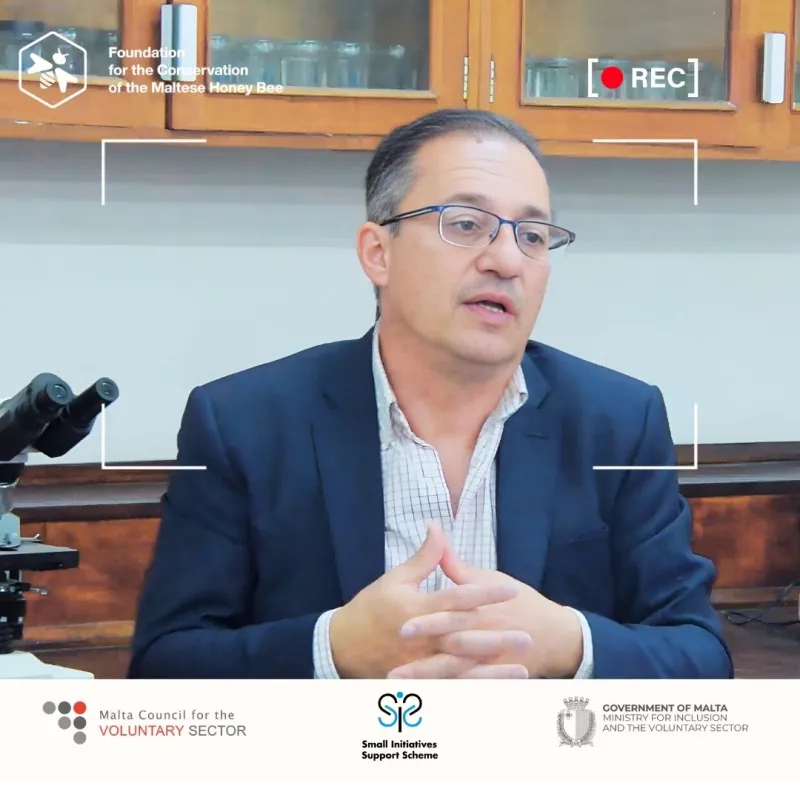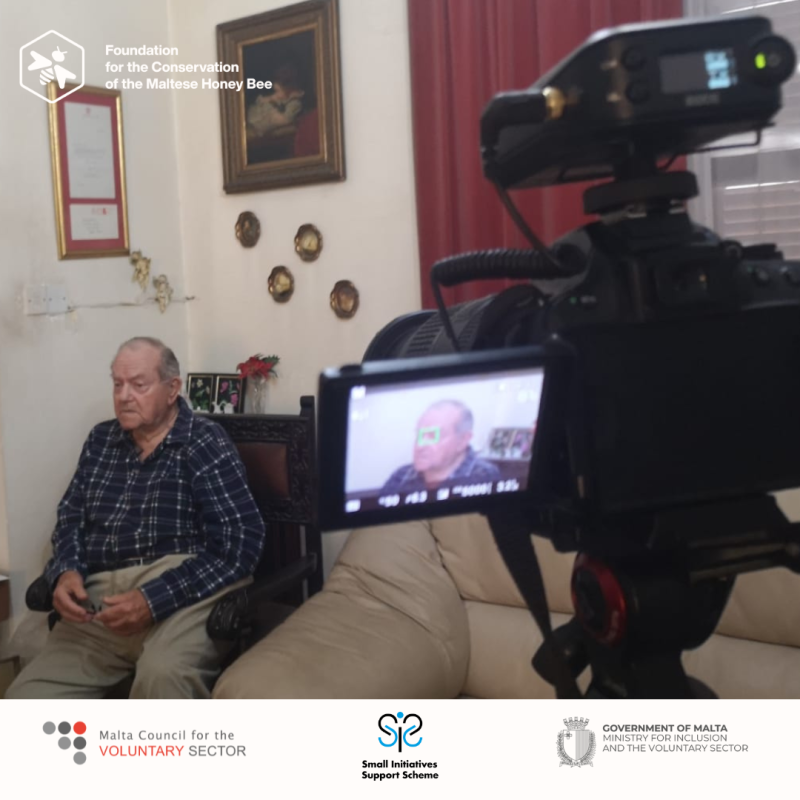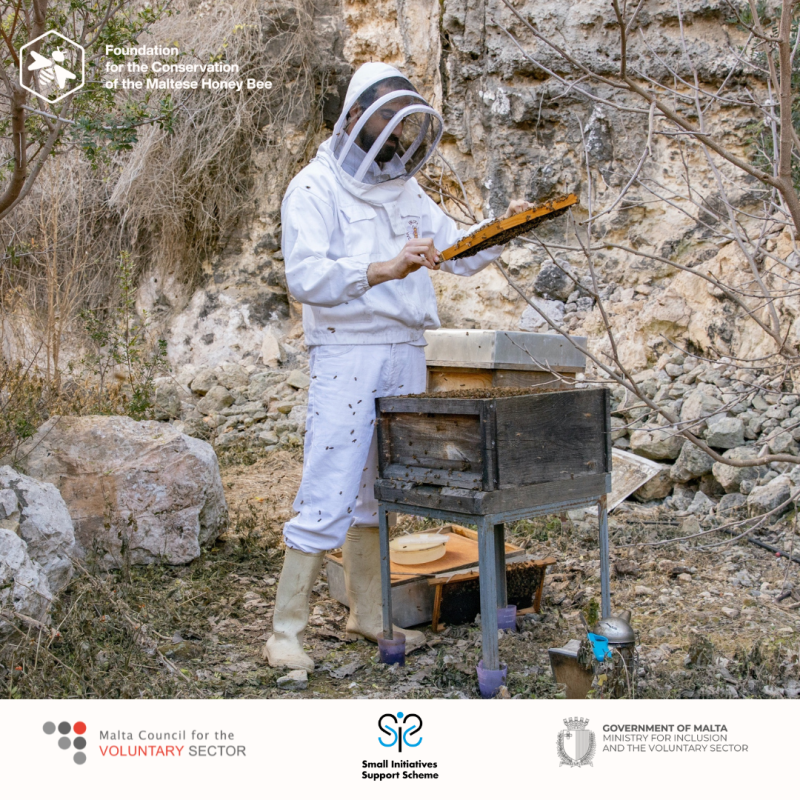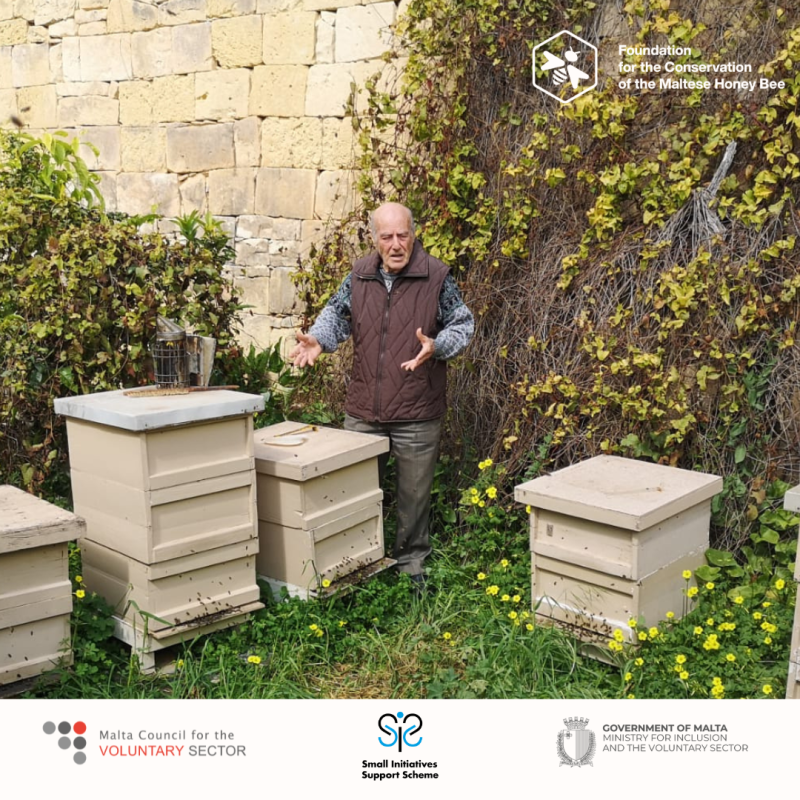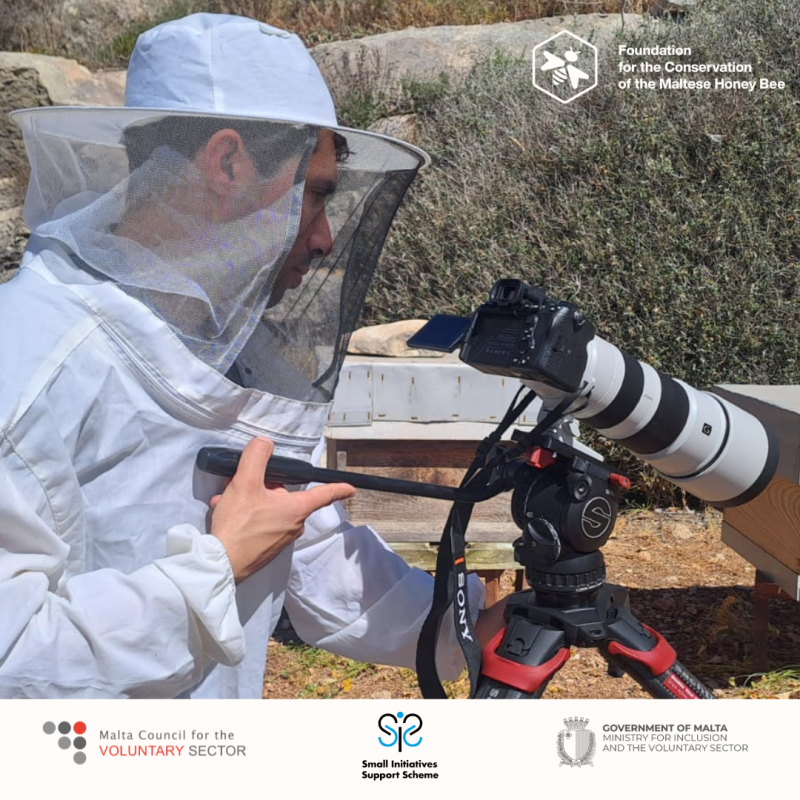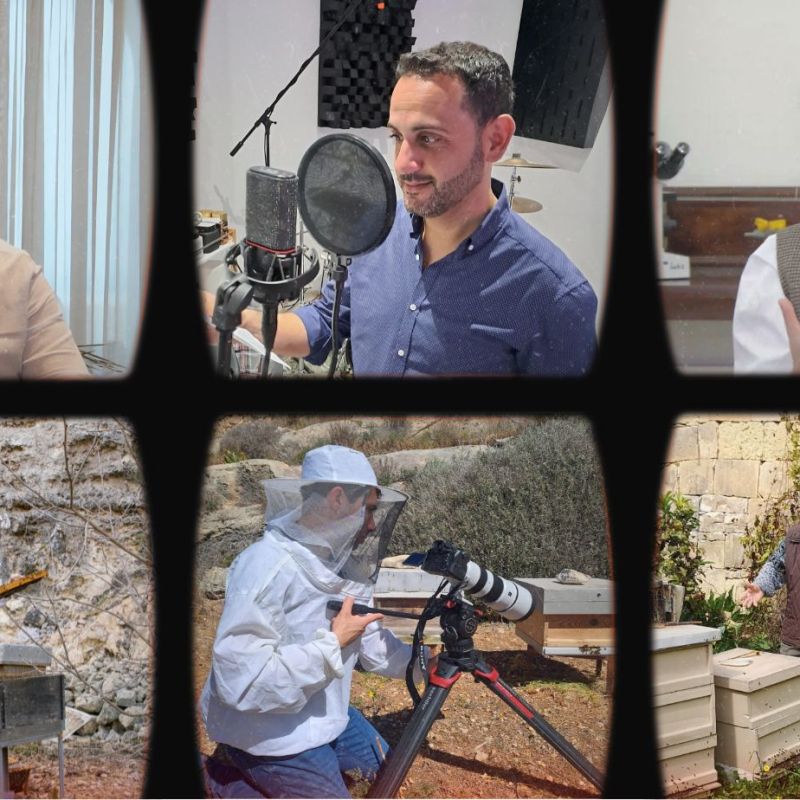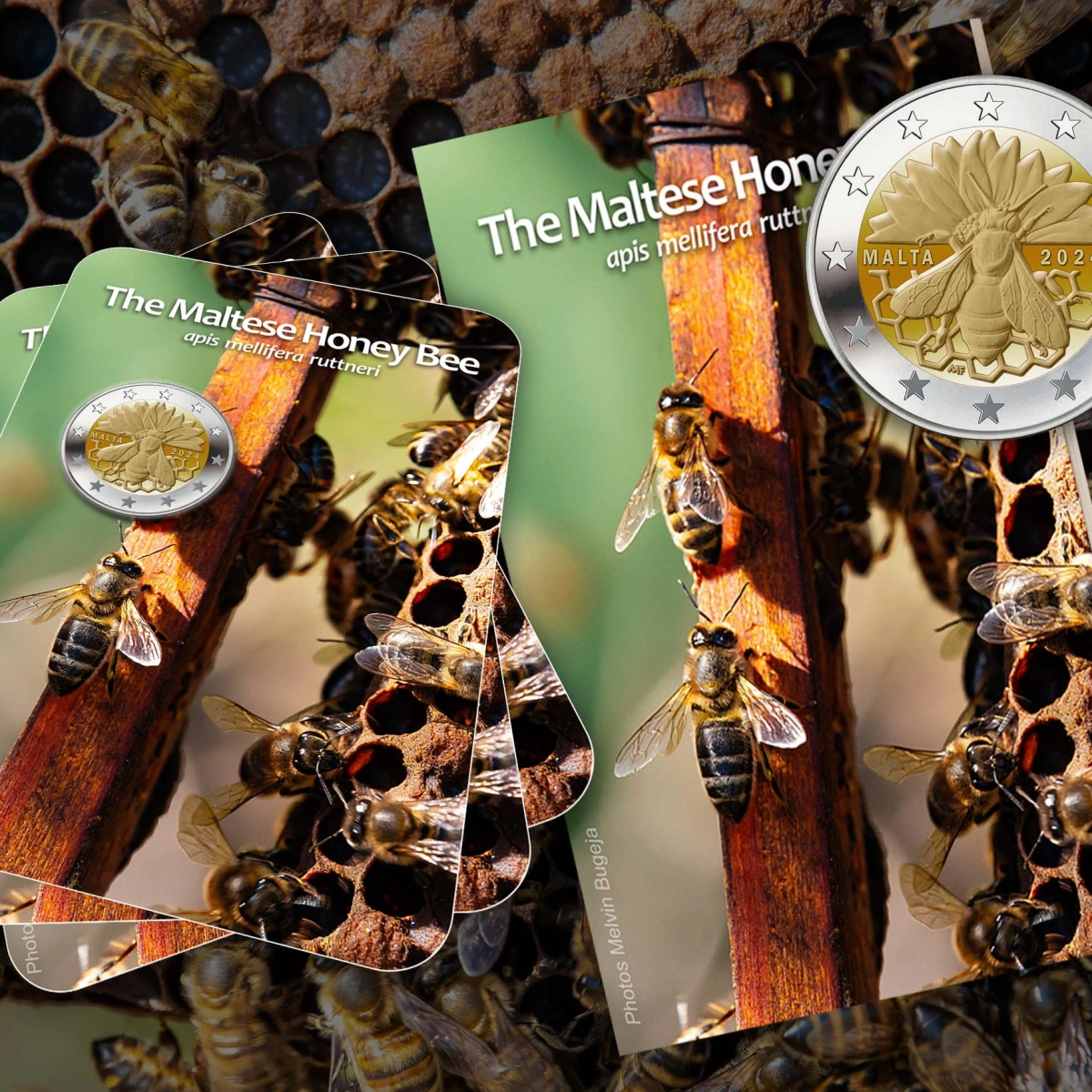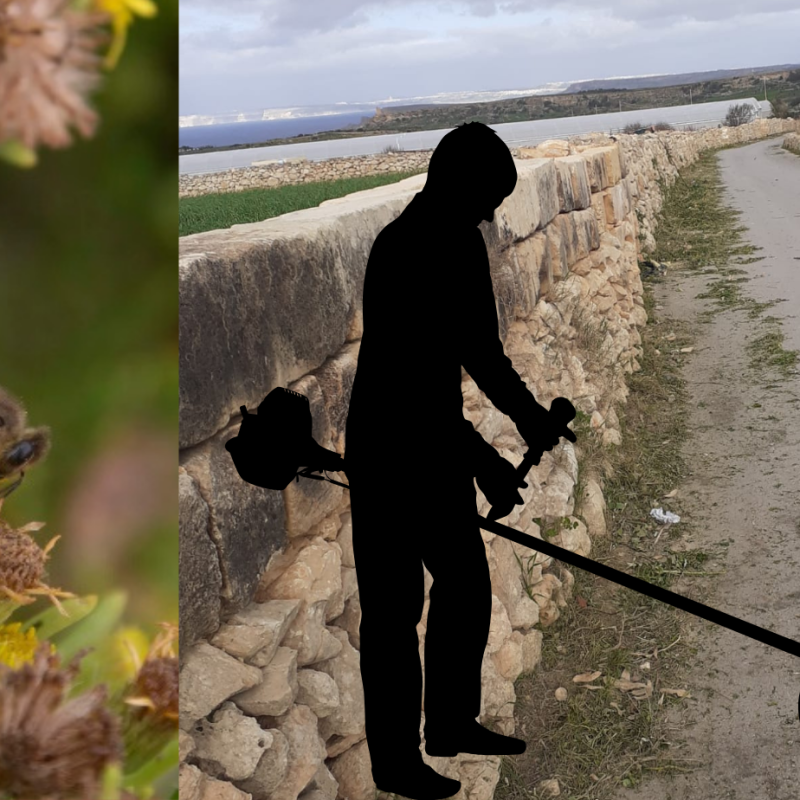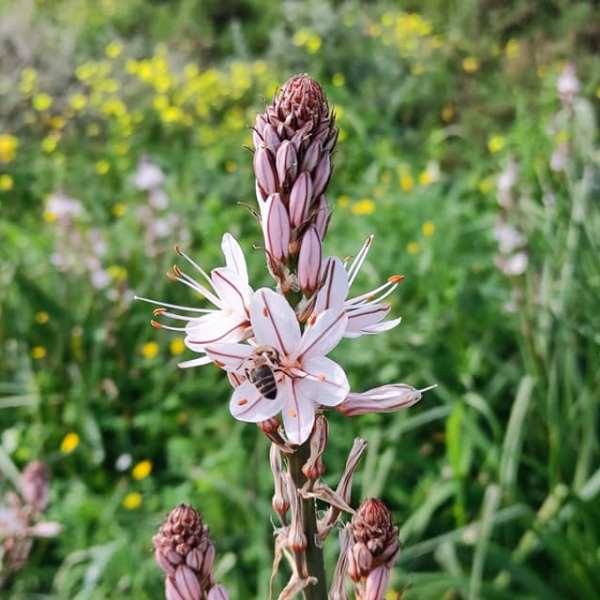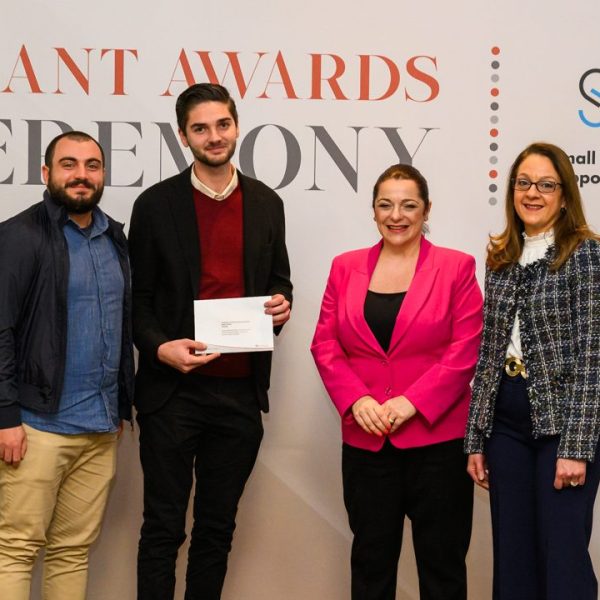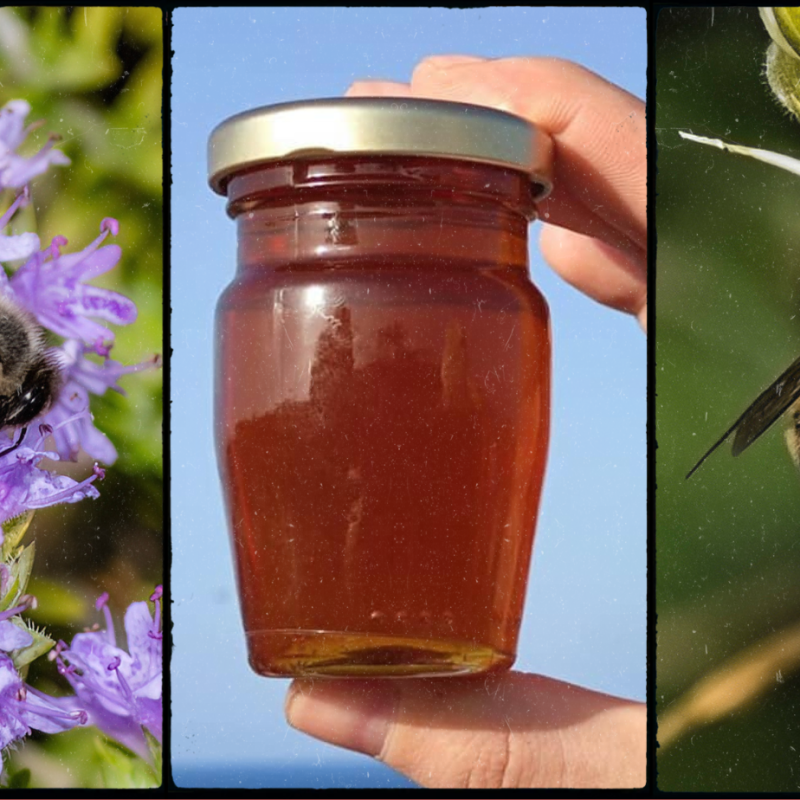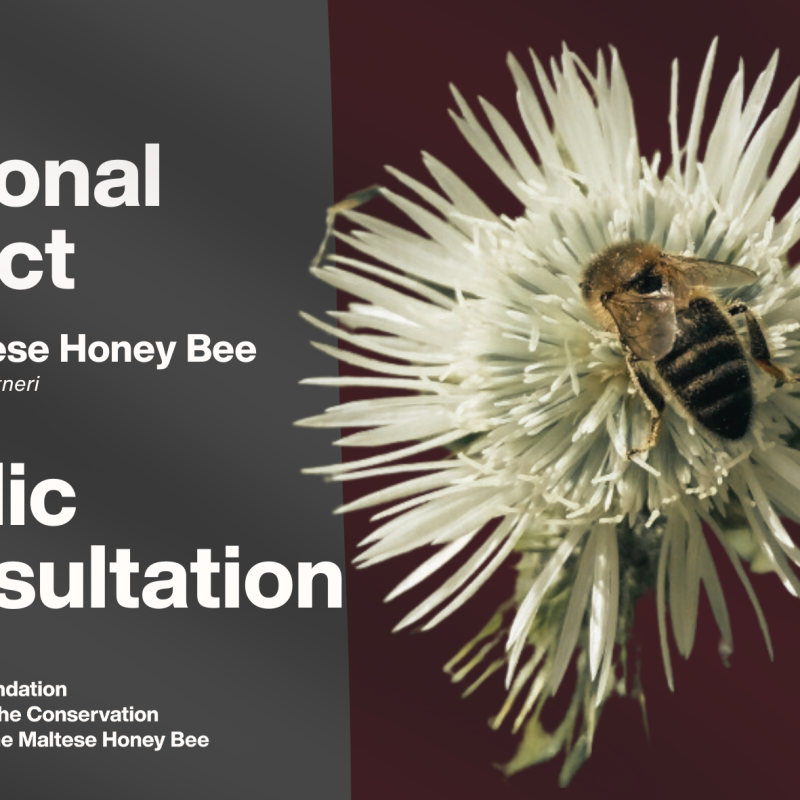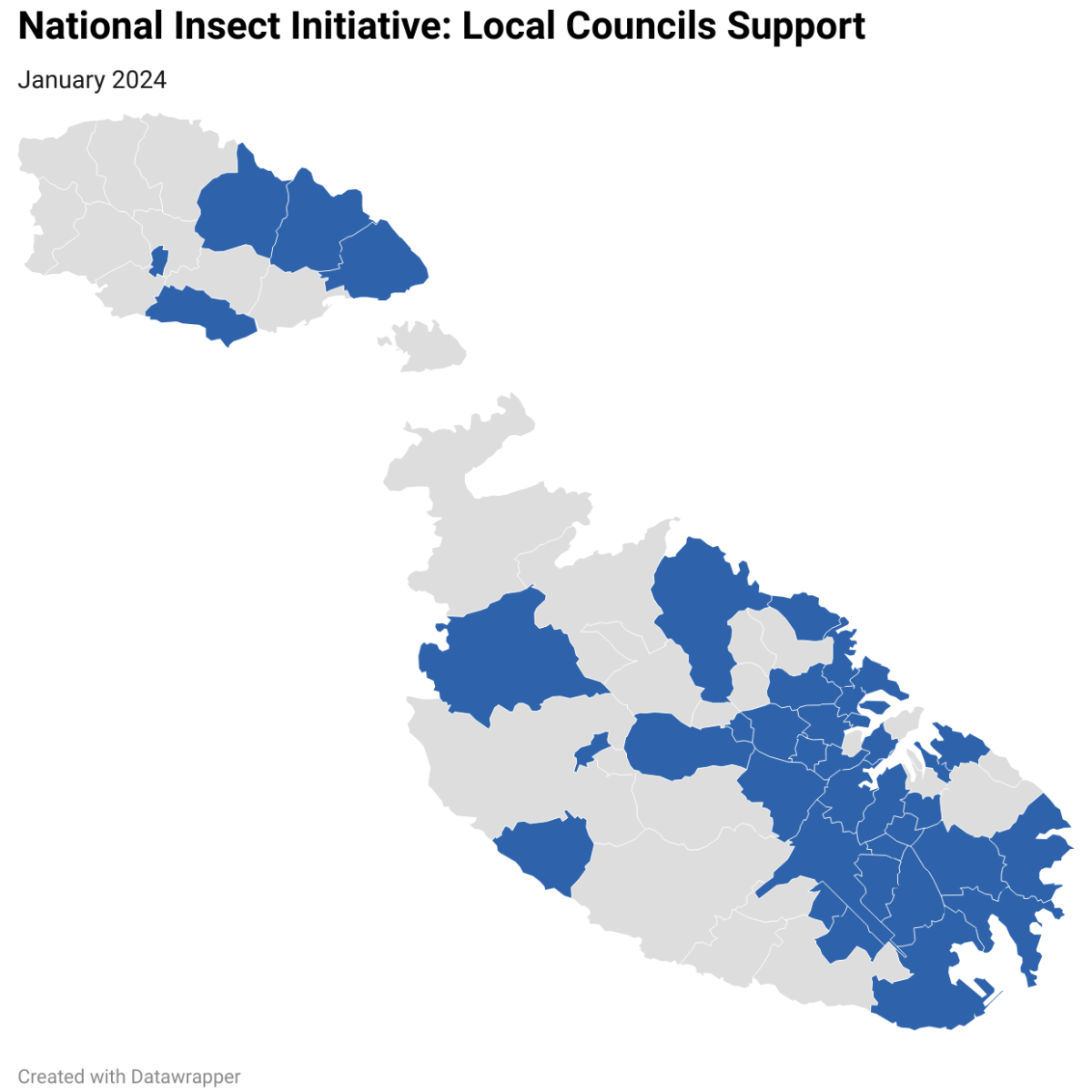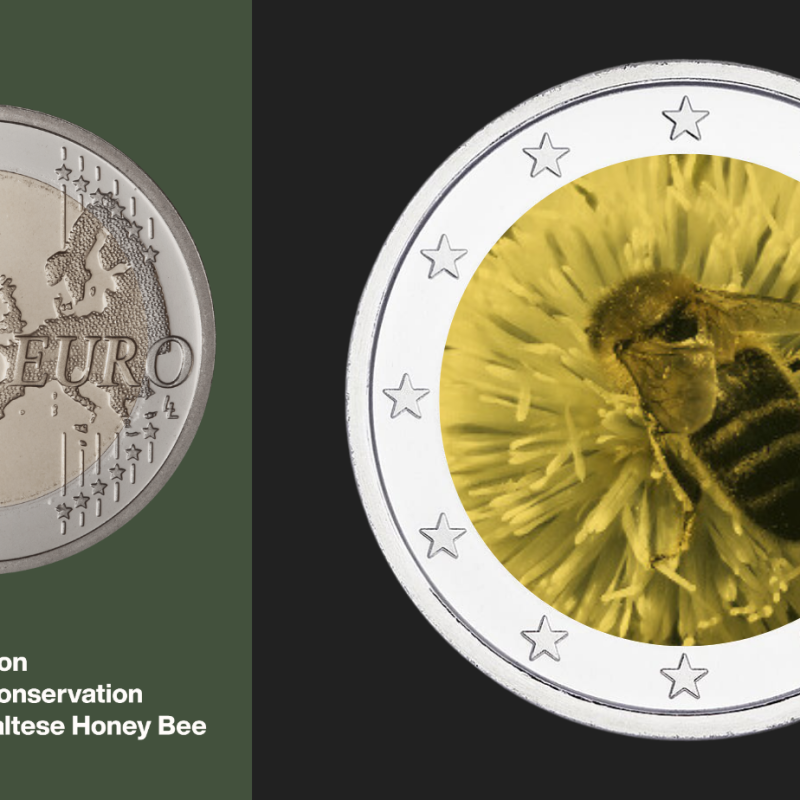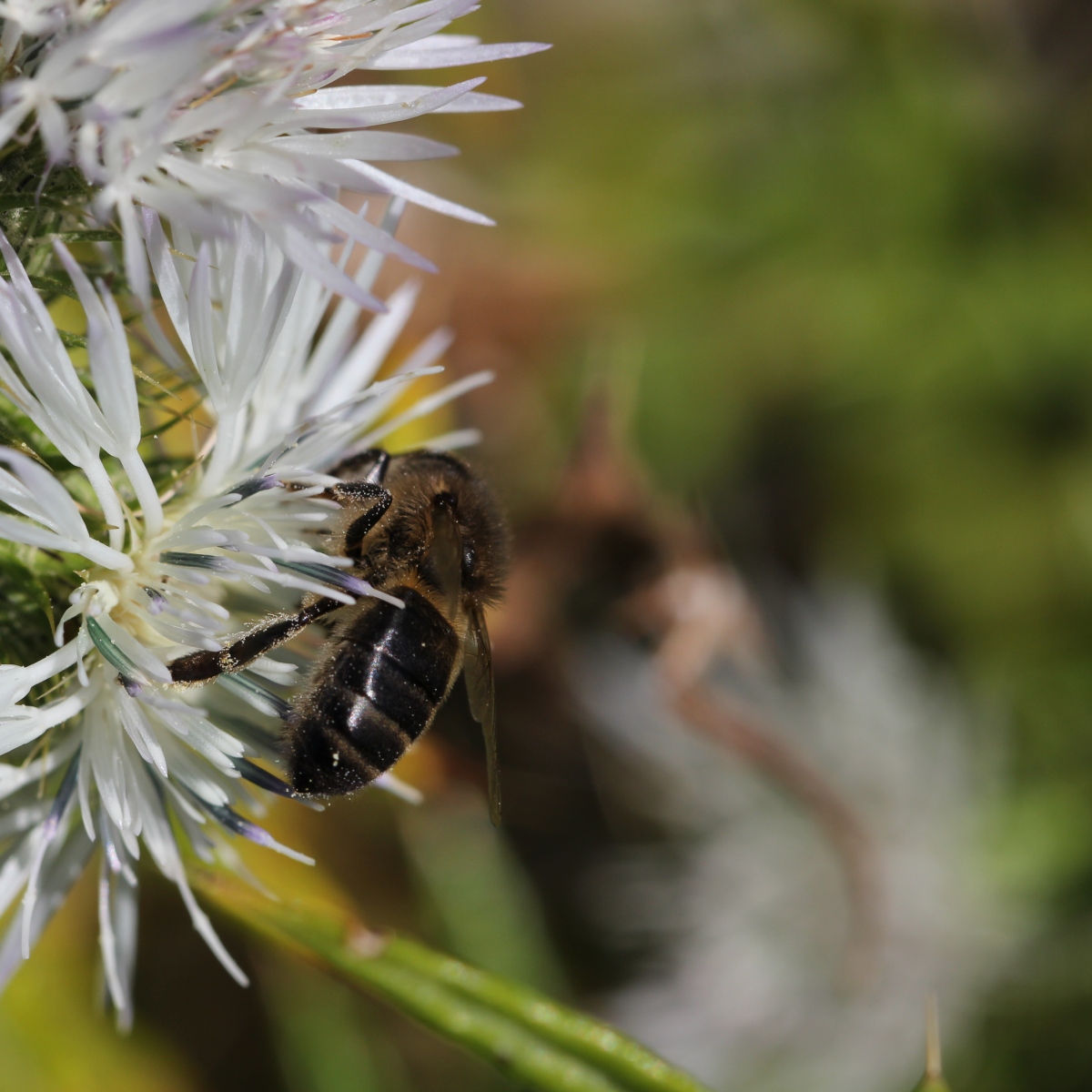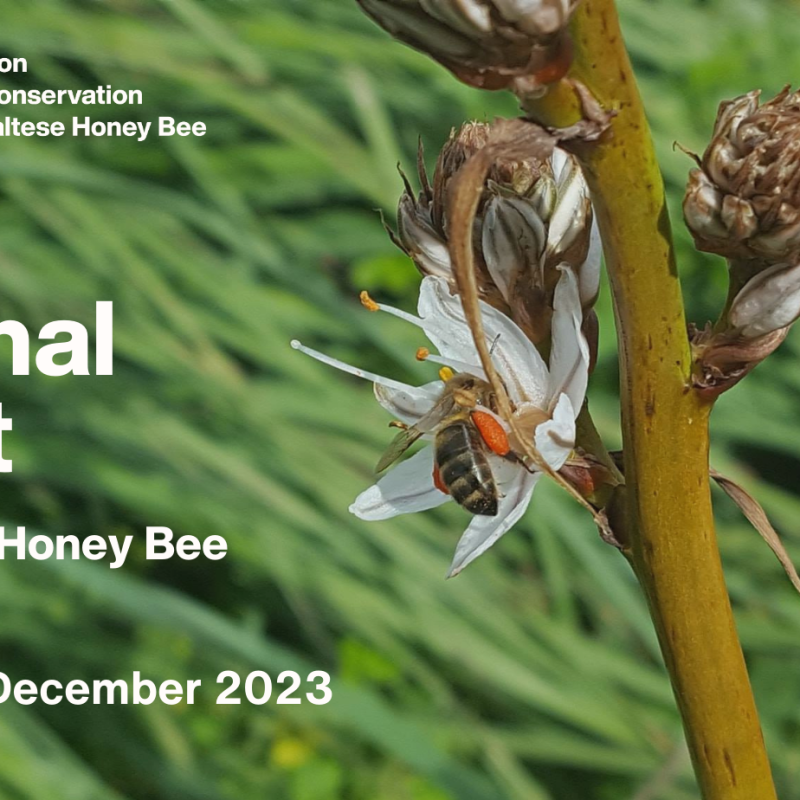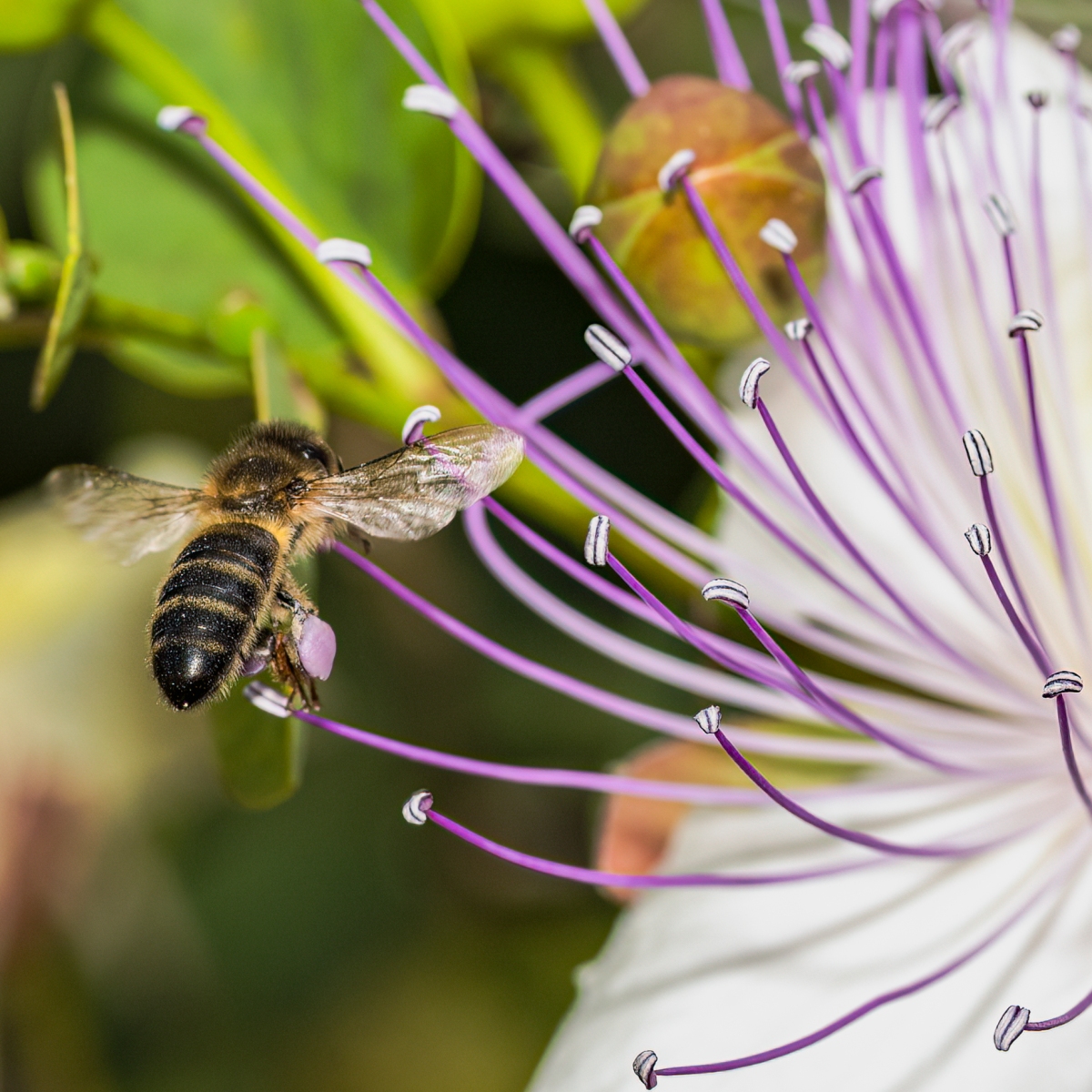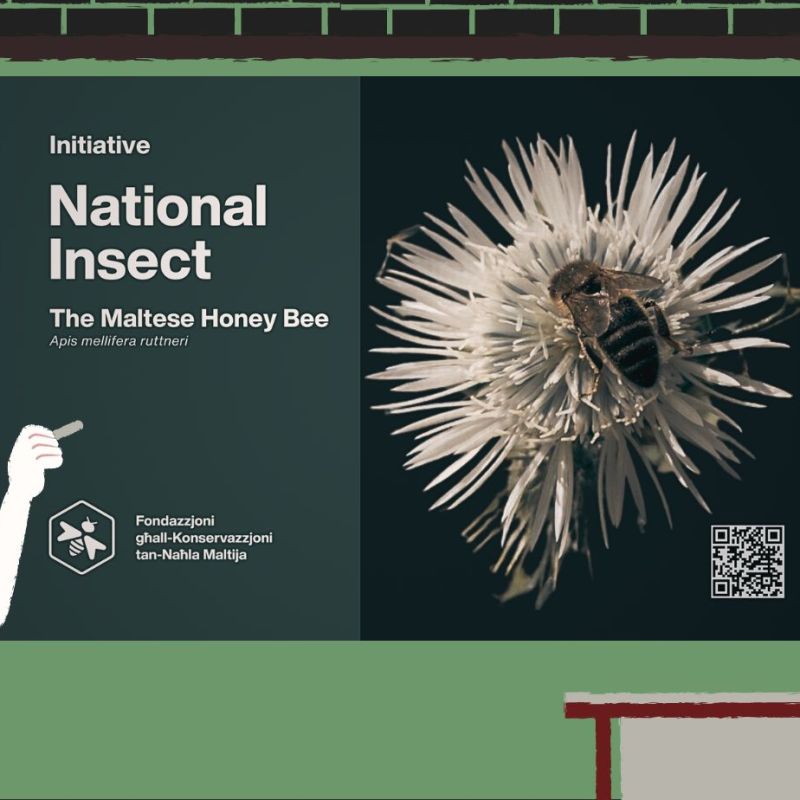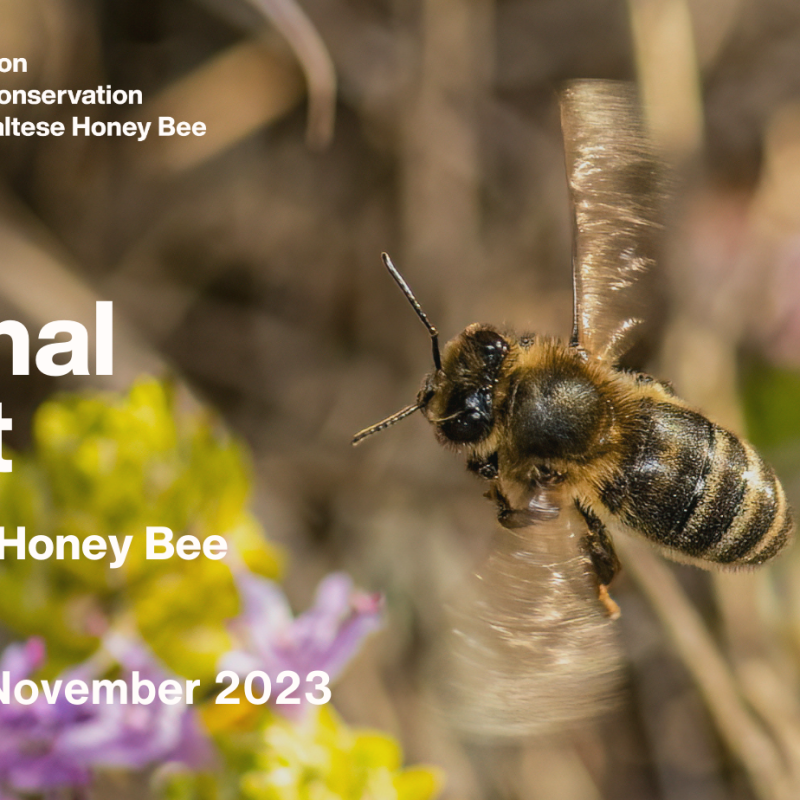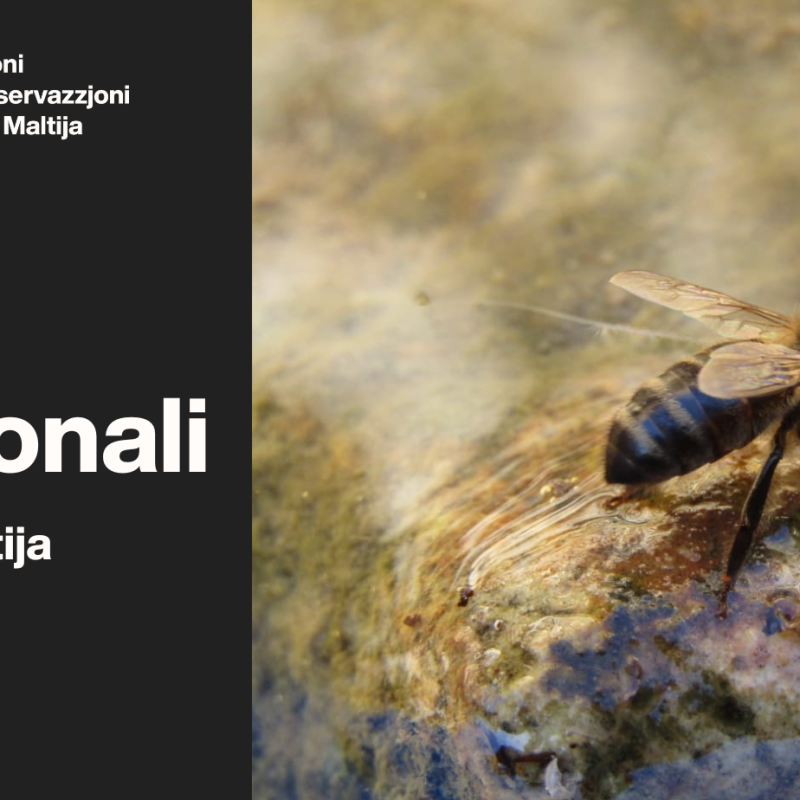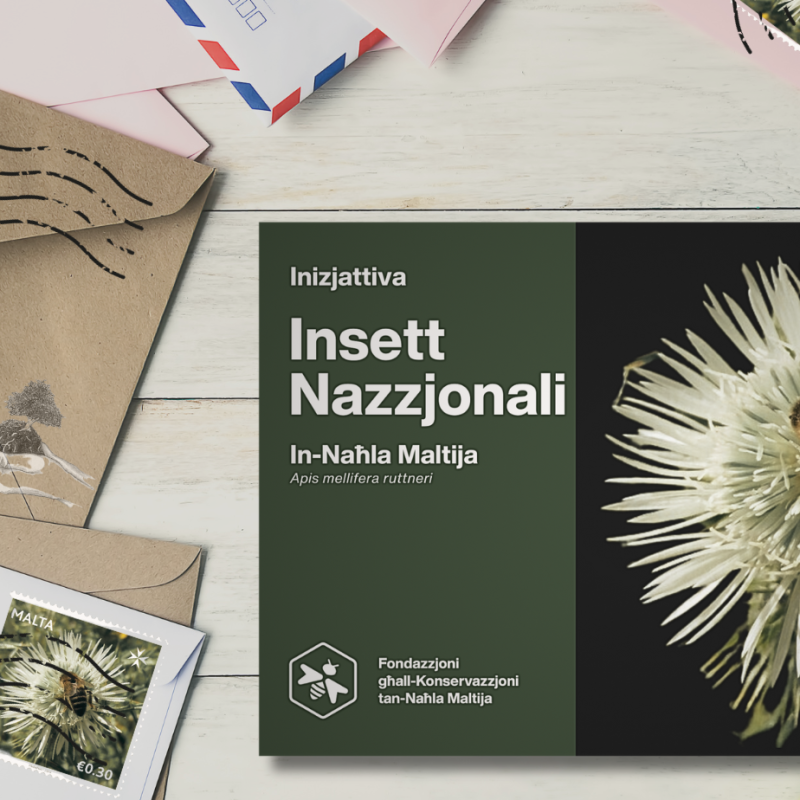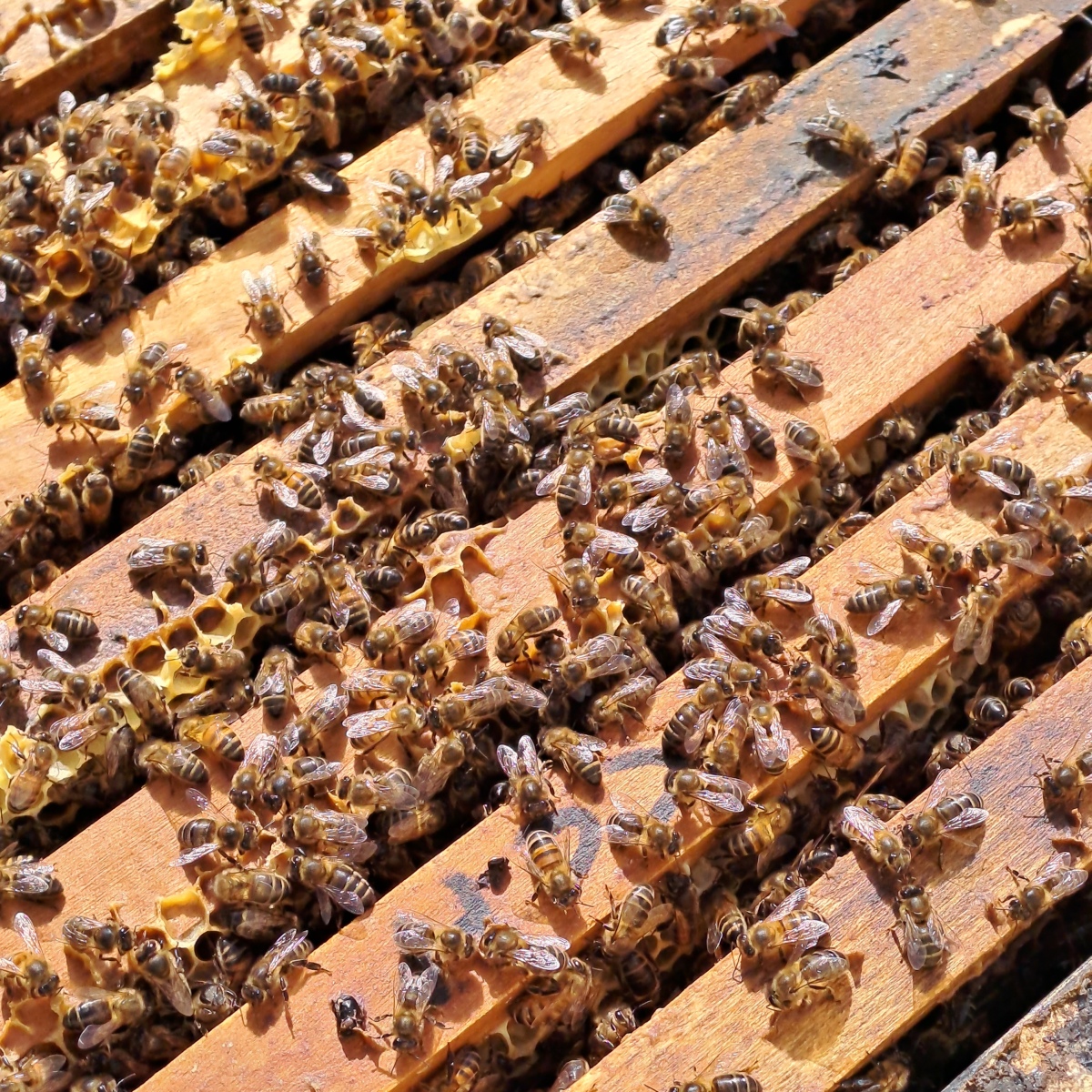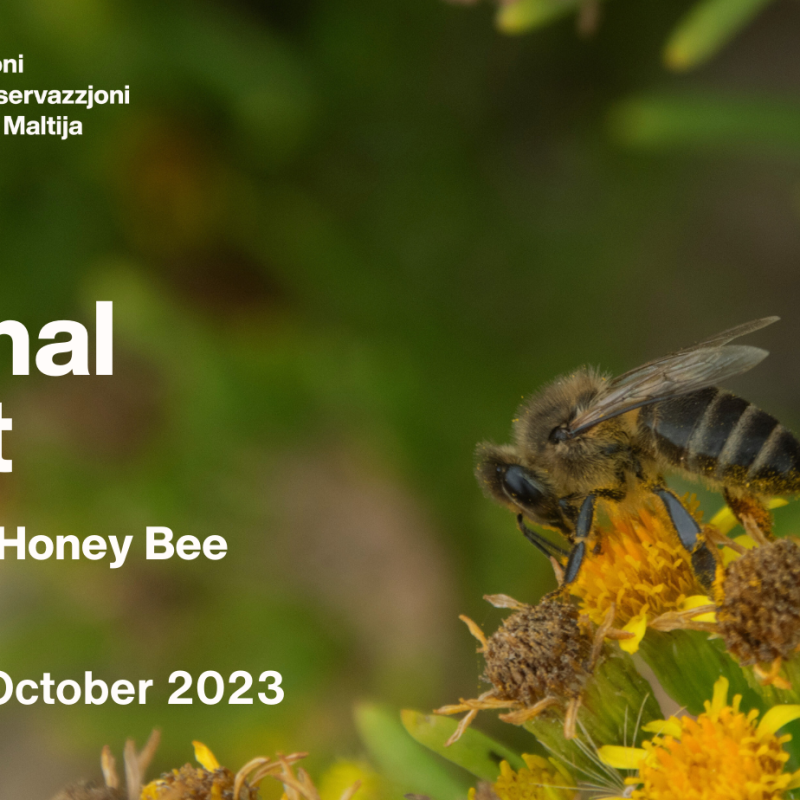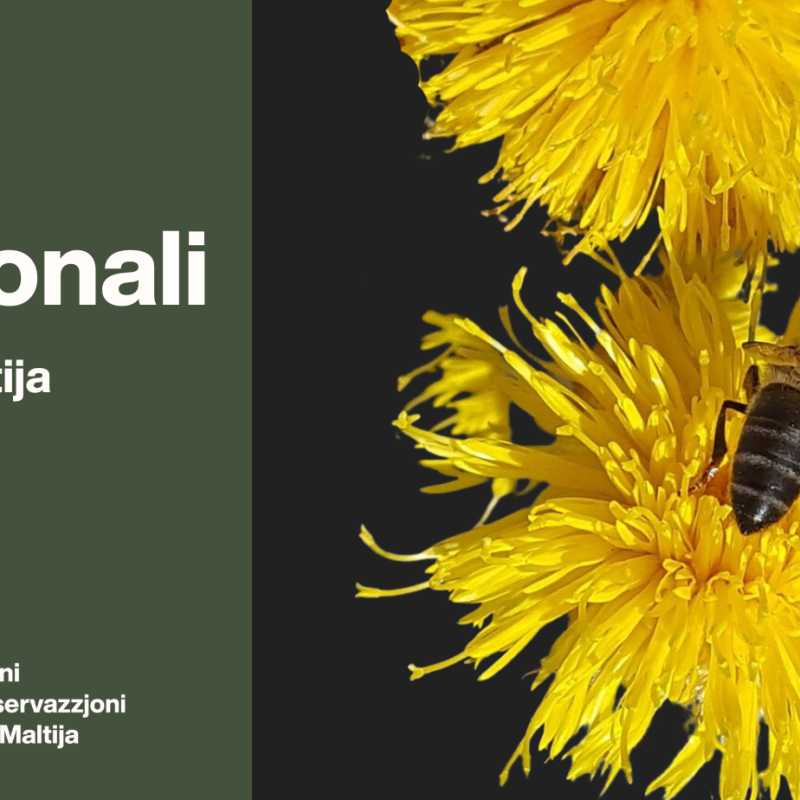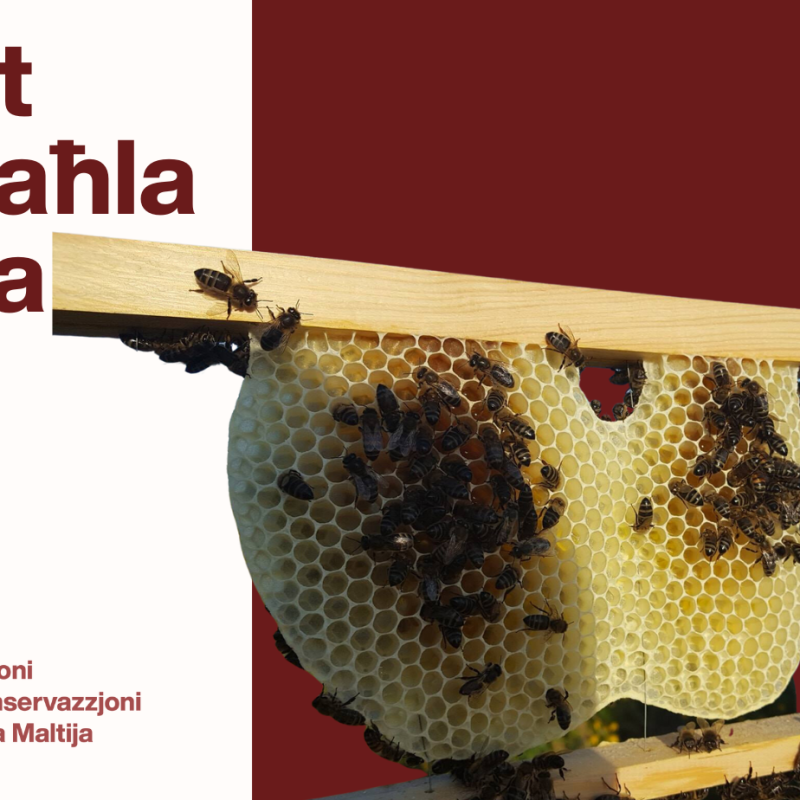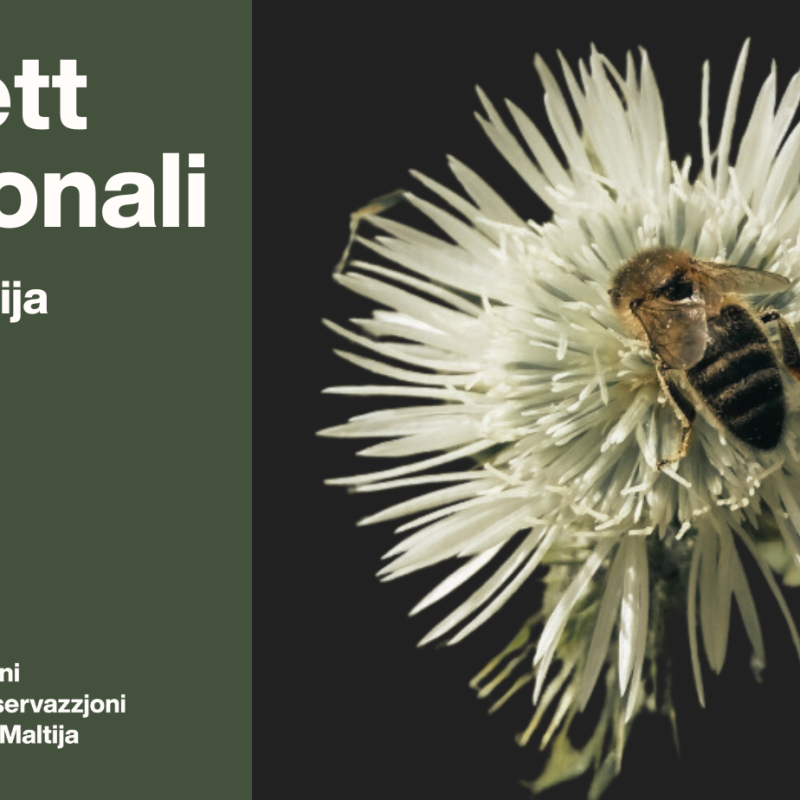
First Phase: Legal Research
The publication that deals with the ‘Protection of the Endemic Maltese Honey Bee‘ researches various ways in which the Maltese Honey Bee can be protected holistically by applying current Maltese, European, and International laws. This follows what is already being done in several European countries and regions, which provide protection for their respective regional Honey Bees.
These are the indisputable facts:
⦿ Honey Bees mate outdoors with minimal distinction between different races.
⦿ Genetic mixing is also a form of environmental pollution.
⦿ The unique characteristics of the Maltese Honey Bee are being compromised by the foreign Honey Bees imported into our country, posing great risks of introducing new diseases and pests.
⦿ This leads to the degradation of the Maltese Honey bee, which is losing its ‘Maltese’ characteristics due to this mixing, including the adaptation it had developed to live in local habitats and climate.
⦿ These processes result in a less sustainable local apicultural sector.

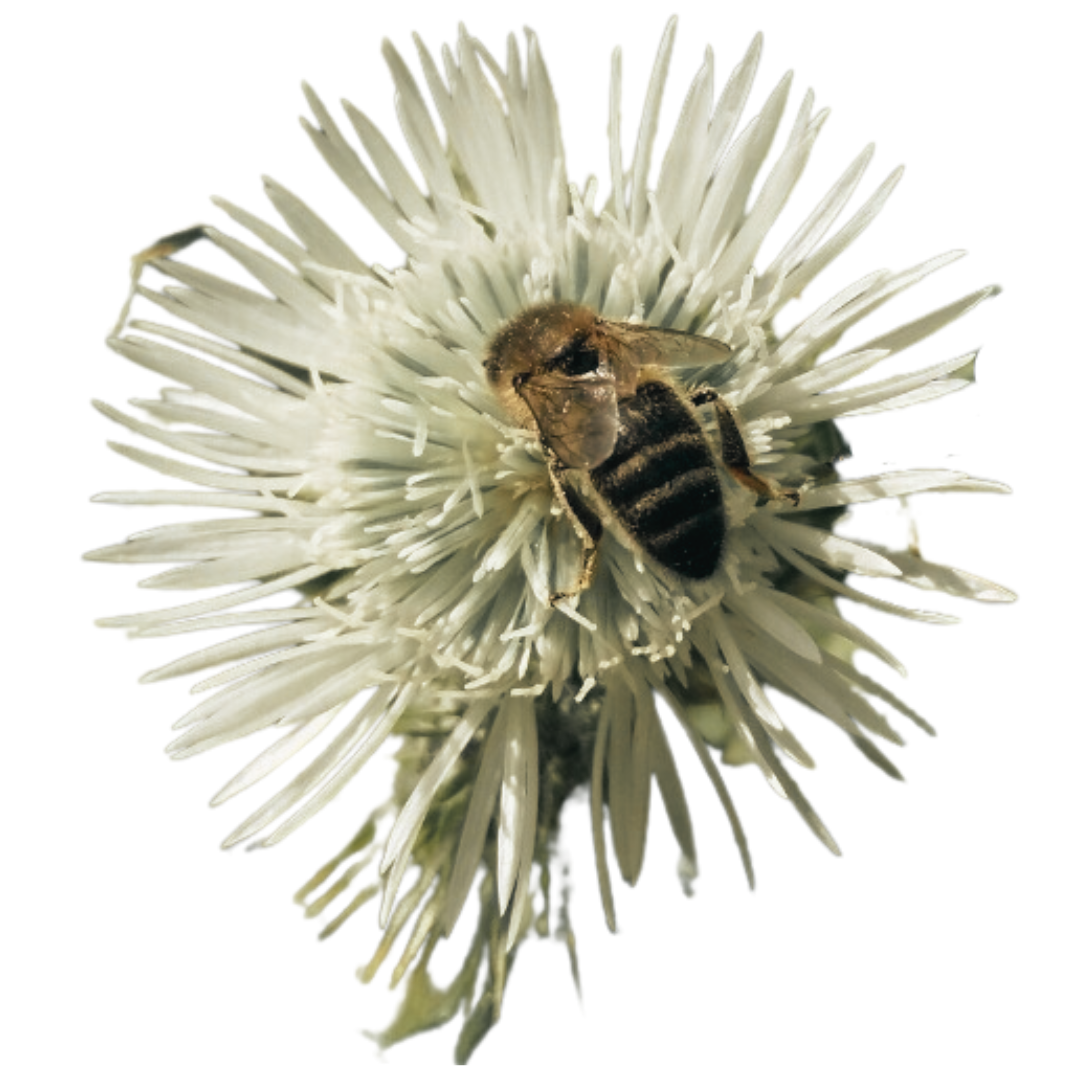
The precautionary principle, a topic covered in this publication, elucidates that authorities must adopt precautionary measures to prevent environmental damage. It emphasizes that those introducing alien elements into a habitat must bear the responsibility of proving that they do not harm the environment, reversing the burden of proof. Unfortunately, in the local context, we observe the mixing of the Maltese Honey Bee with foreign bees, resulting in its loss, and regrettably, the precautionary principle is not being embraced.
The report formulates several recommendations on how to protect the Maltese Honey Bee. The most feasible proposal suggests declaring the Maltese Bee as the National Insect. [In accordance with the regulations on the Protection of Protected Species (S.L. 549.120), the Environment and Resources Authority serves as the administrator and competent authority for these regulations]. The legal study is accessible for free here.
This publication is the outcome of a collaboration between the Foundation, David Chetcuti Dimech (lead author and law graduate), and Professor Simone Borg (academic supervisor and professor in the Faculty of Law at the University of Malta). We express our heartfelt gratitude to them.

Second Phase: Request to the Environment and Resources Authority
On May 20 2023, World Bee Day, the Foundation for the Conservation of the Maltese Honey Bee formally submitted a request to the Environment and Resources Authority. The request seeks the declaration of the Maltese Honey Bee (Apis mellifera ruttneri) as the National Insect, in accordance with the provisions of subsidiary legislation 549.120 concerning the ‘Regulations on the Protection of Protected Species (Declaration of National Species).’
The full letter can be accessed here:
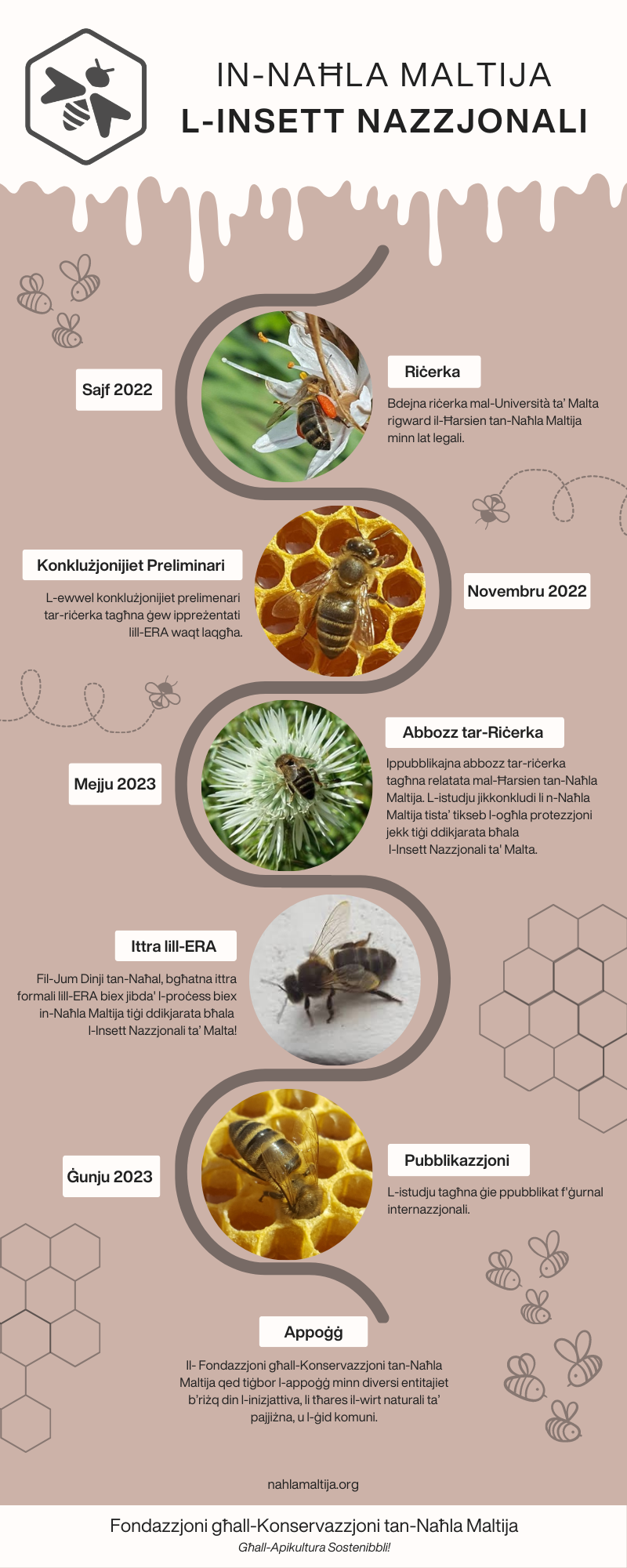
Third Phase: Support
Since May 2023, the Foundation has been actively garnering support from local and regional councils, politicians, academics, and organisations for an initiative rooted in the protection and conservation of the living natural heritage in these islands, for the benefit of the common good. As of February 2024, 61% of local and regional councils (45 out of 74) have formally endorsed this initiative.
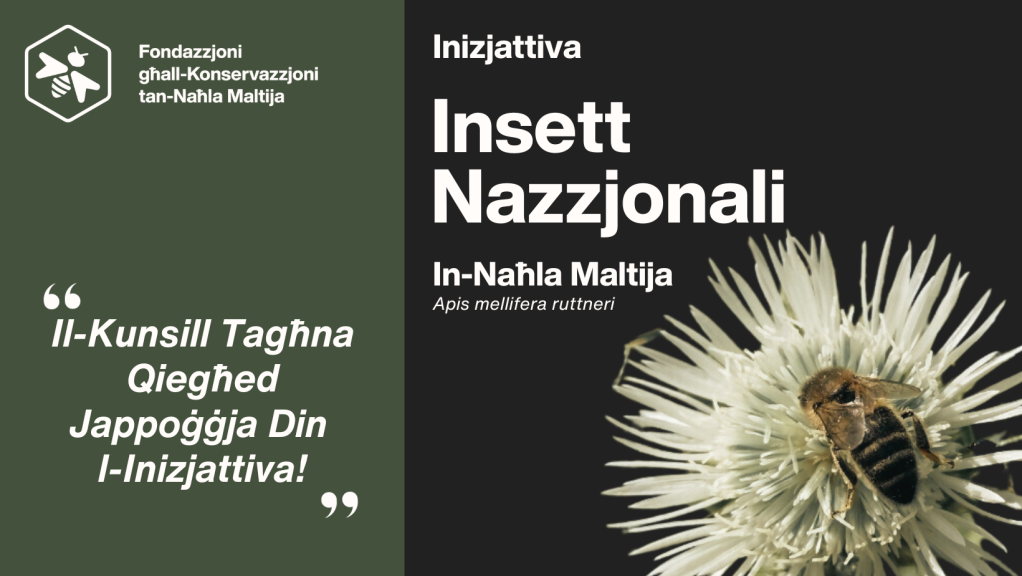
We have also initiated a call for professional photographers and students to submit photographs capturing the Maltese Honey Bee amidst the diverse landscapes of Malta. This campaign aimed to showcase the beauty and importance of the Maltese Honey Bee, raising awareness and fostering appreciation for this vital pollinator. These photographs were utilised in our campaign.



Fourth Phase: Launch of the National Insect Campaign
In October 2023, the Foundation initiated a campaign to promote the National Insect Initiative, which had been launched in May 2023. The campaign is set to culminate in 2024, utilising €4,000 in funds secured from the Malta Council for the Voluntary Sector through a successful application. These funds will be allocated towards the production of a professional video and conducting talks with local and regional councils.

As part of our campaign, we are also engaging with schools! This started with a crowdfunding campaign to collect some money to buy promotional materials. Each participating school will receive an A6 postcard for every student and an A3 poster for each classroom, to showcase our initiative.
In collaboration with the ‘Grow 10 Trees’ project, we offered our followers a postcard related to the initiative to designate the Maltese honey bee as the national insect of Malta, along with a pack of seeds of native flora that are beneficial for pollinators.
In September 2024, upon a proposal by the Foundation, the Central Bank of Malta shall issue a €2 Commemorative Coin honouring the endemic Maltese Honey Bee, with 80,000 coins to be minted.
The forthcoming cards constitute a set illustrating the direct and indirect benefits that arise from the National Insect Initiative if the Maltese Bee is designated as a National Species.
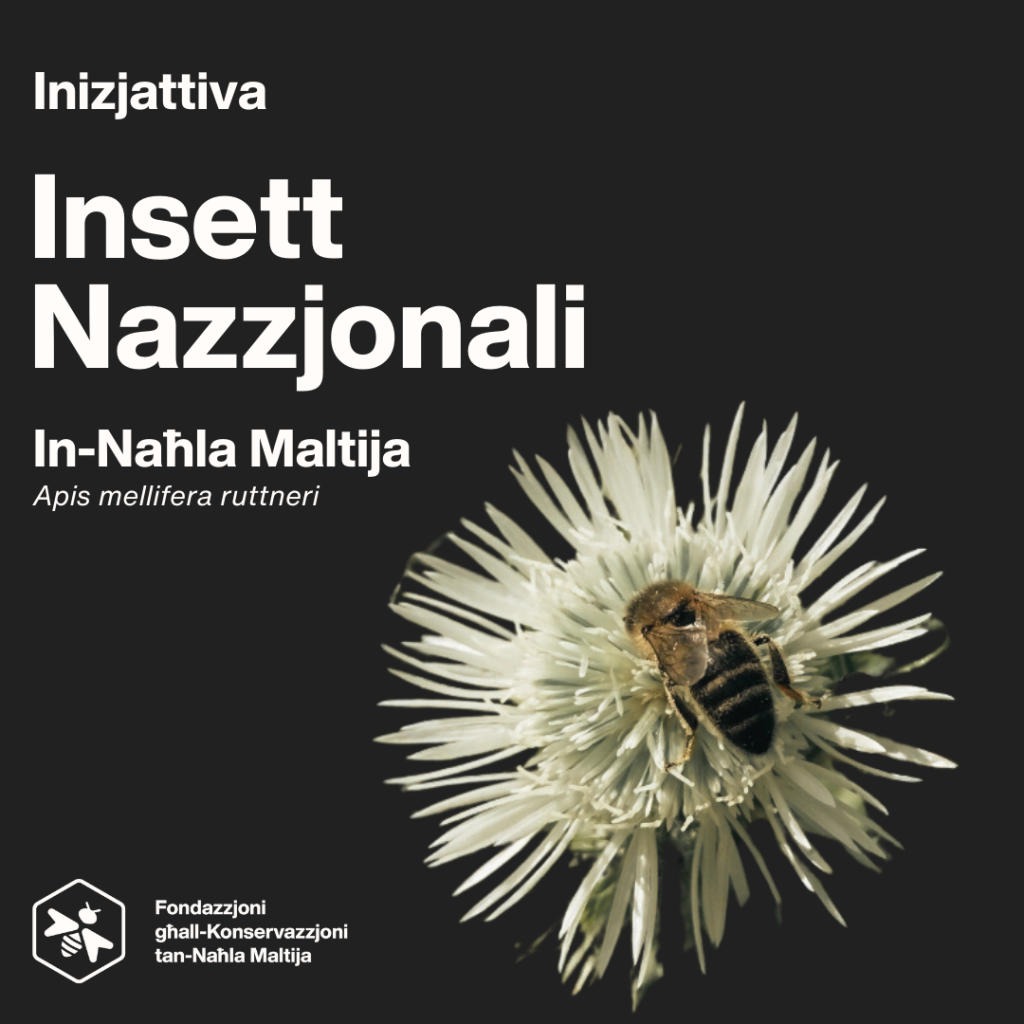
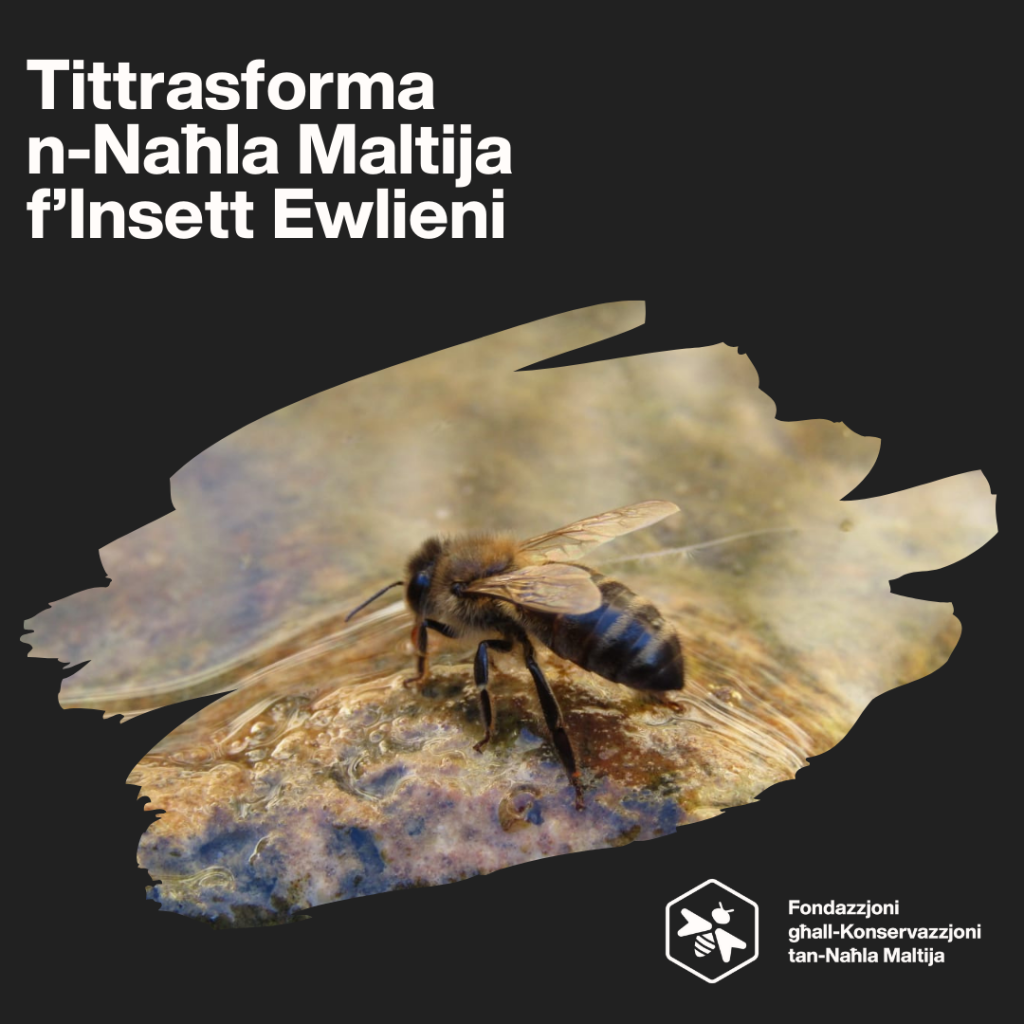
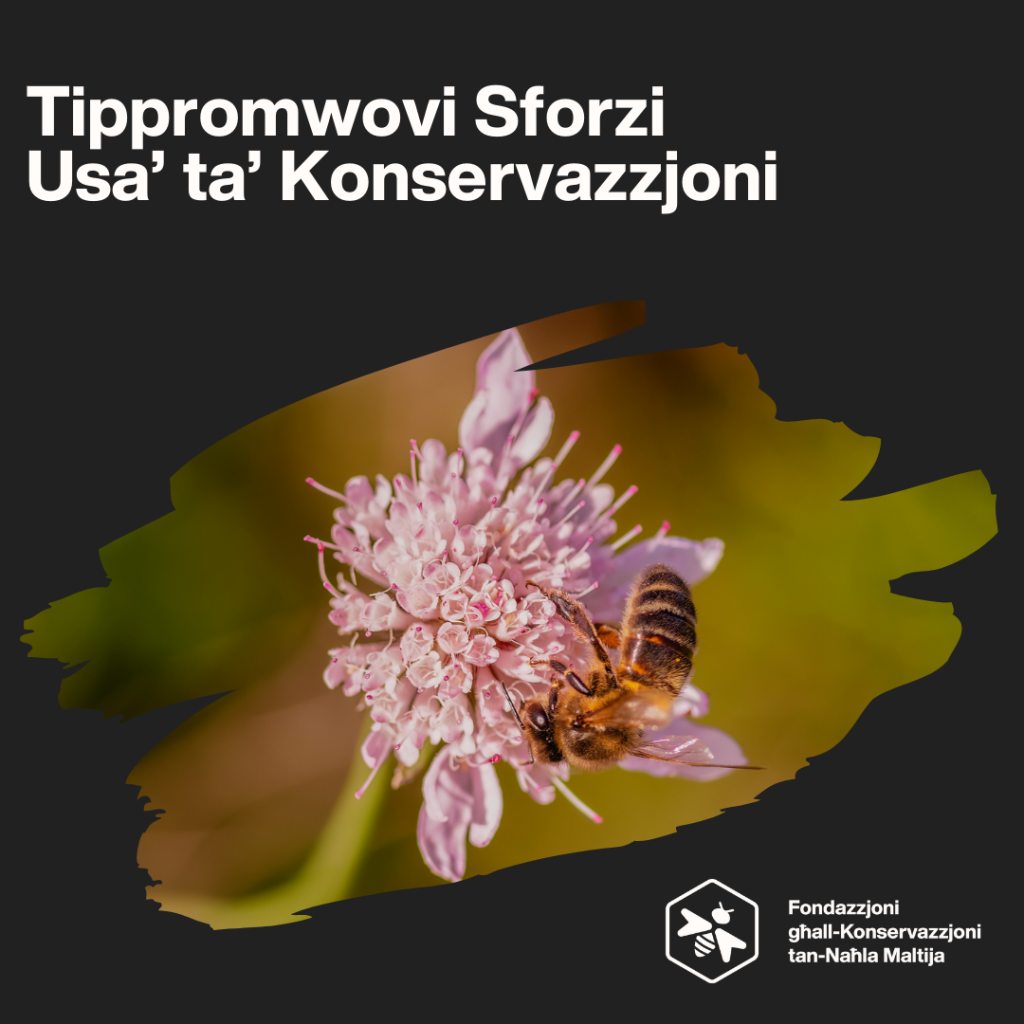
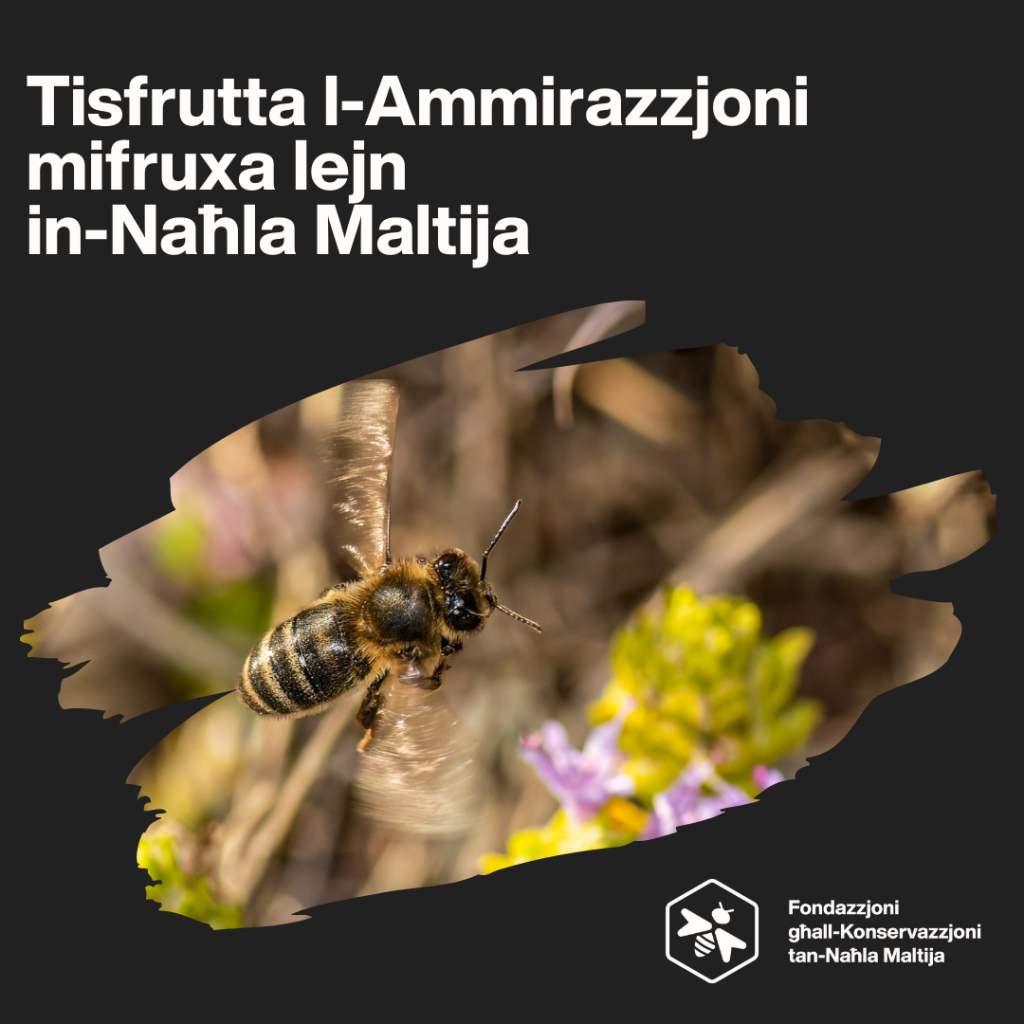
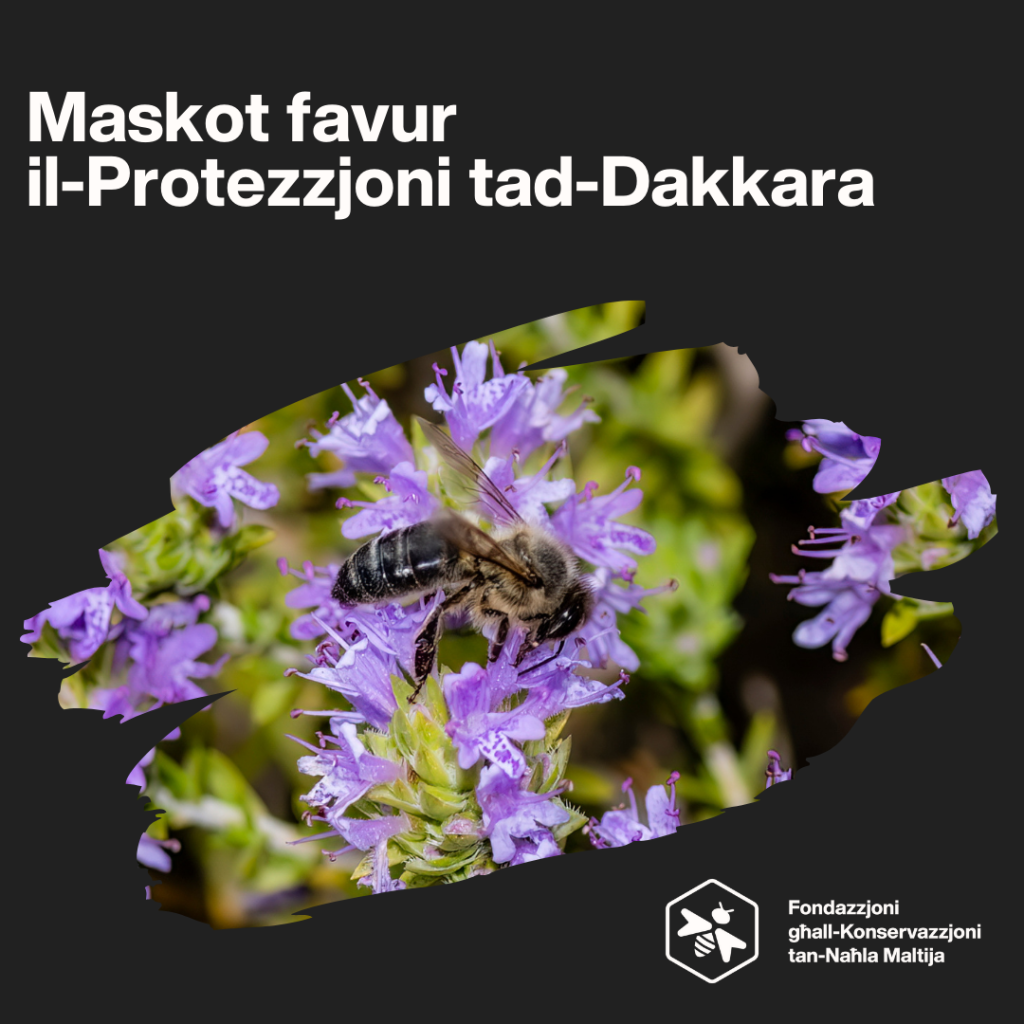
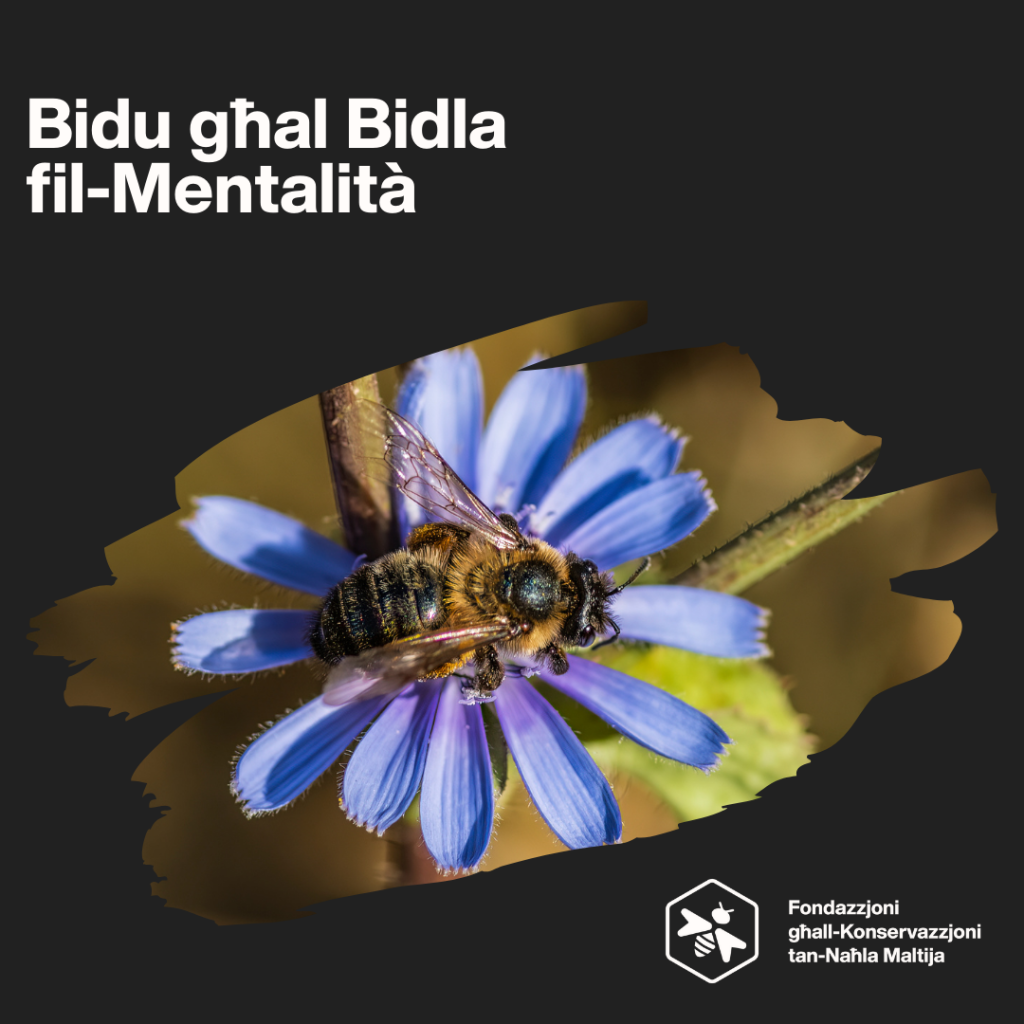
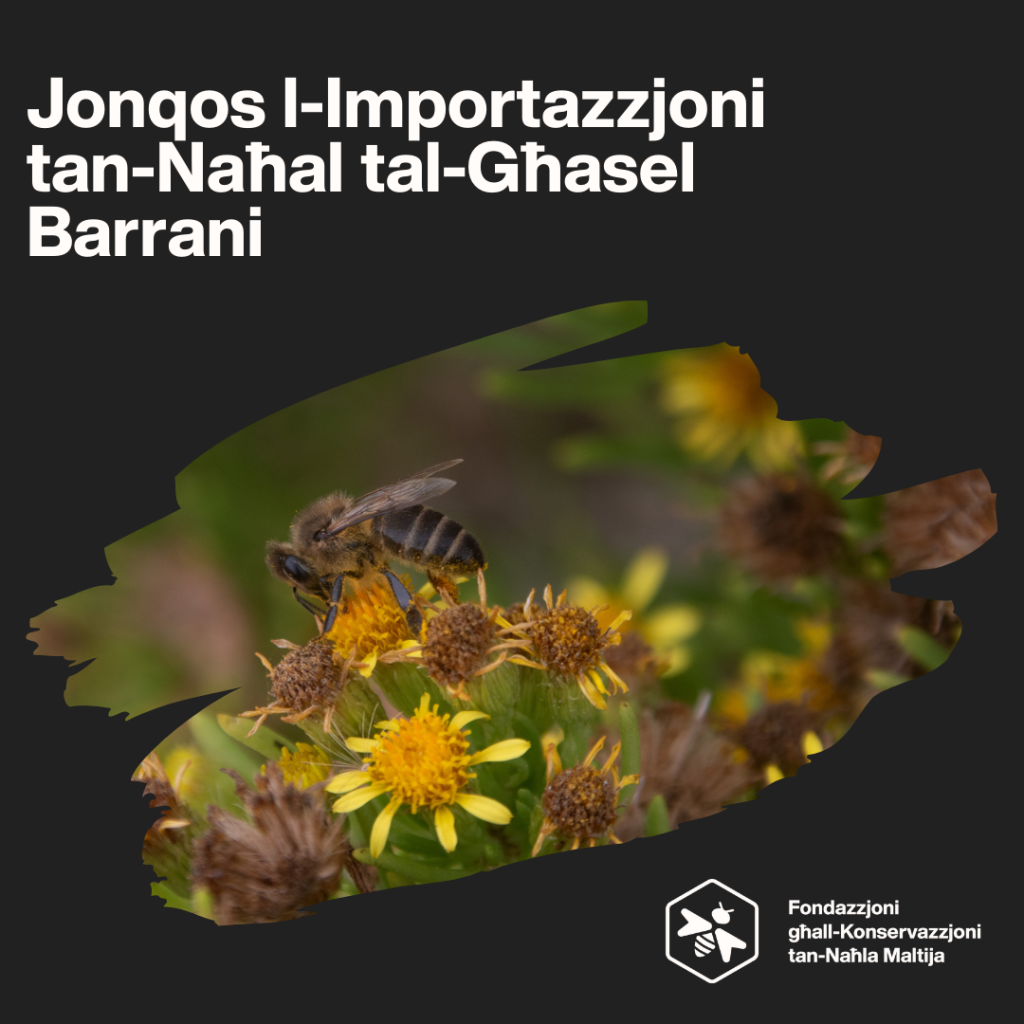
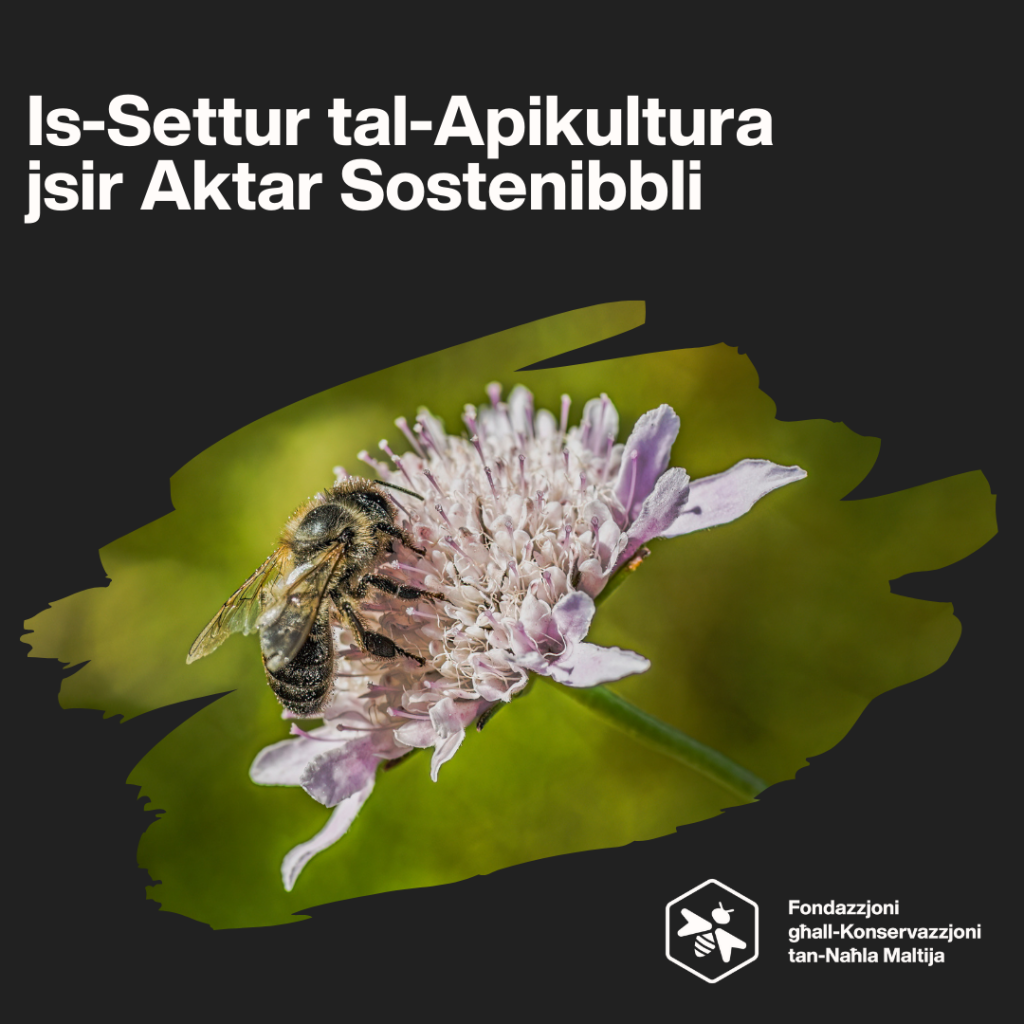
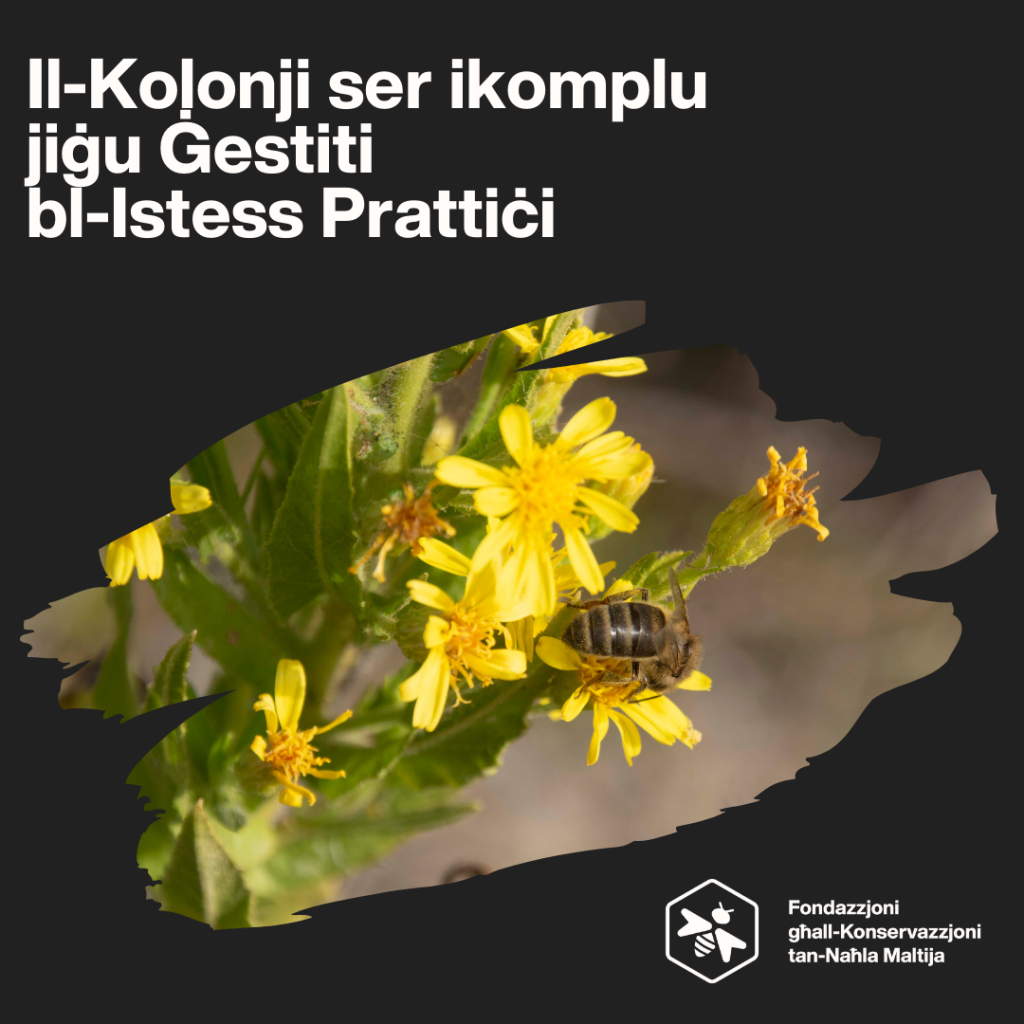
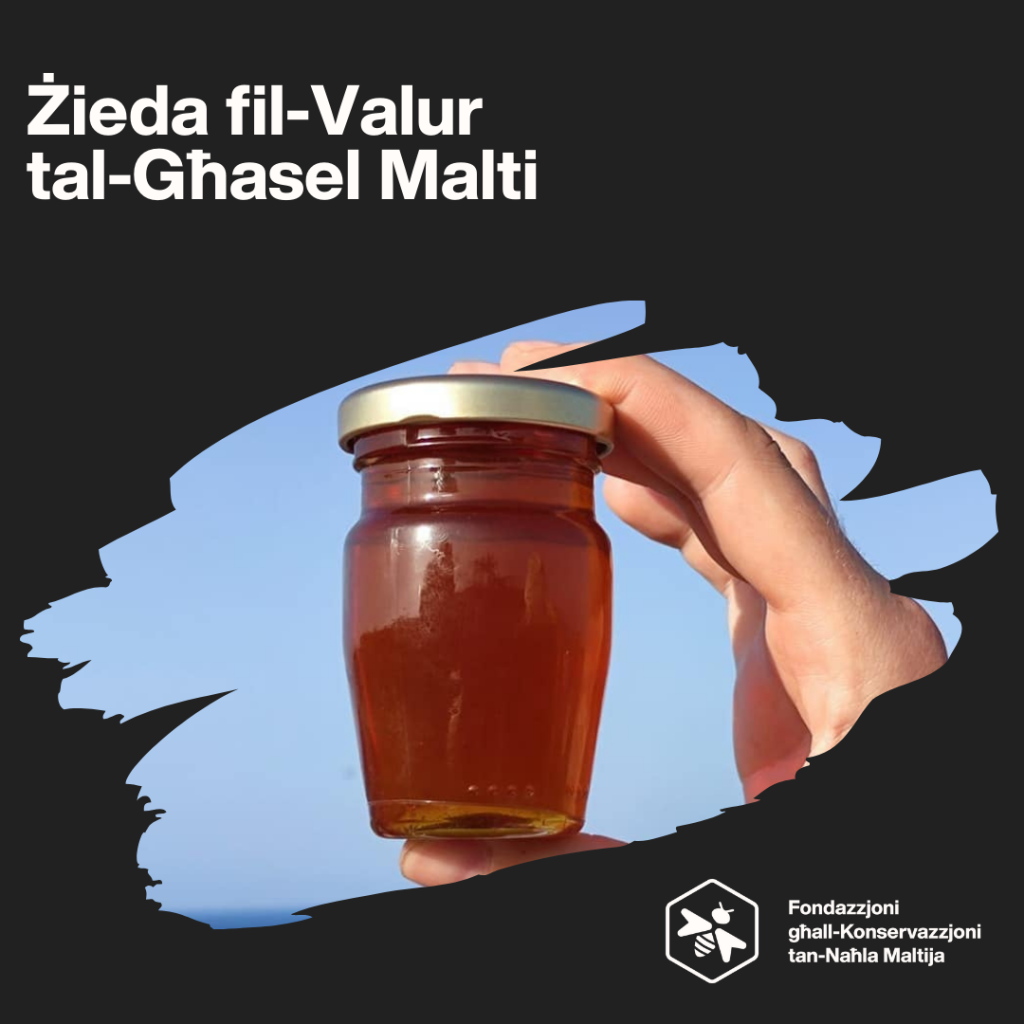
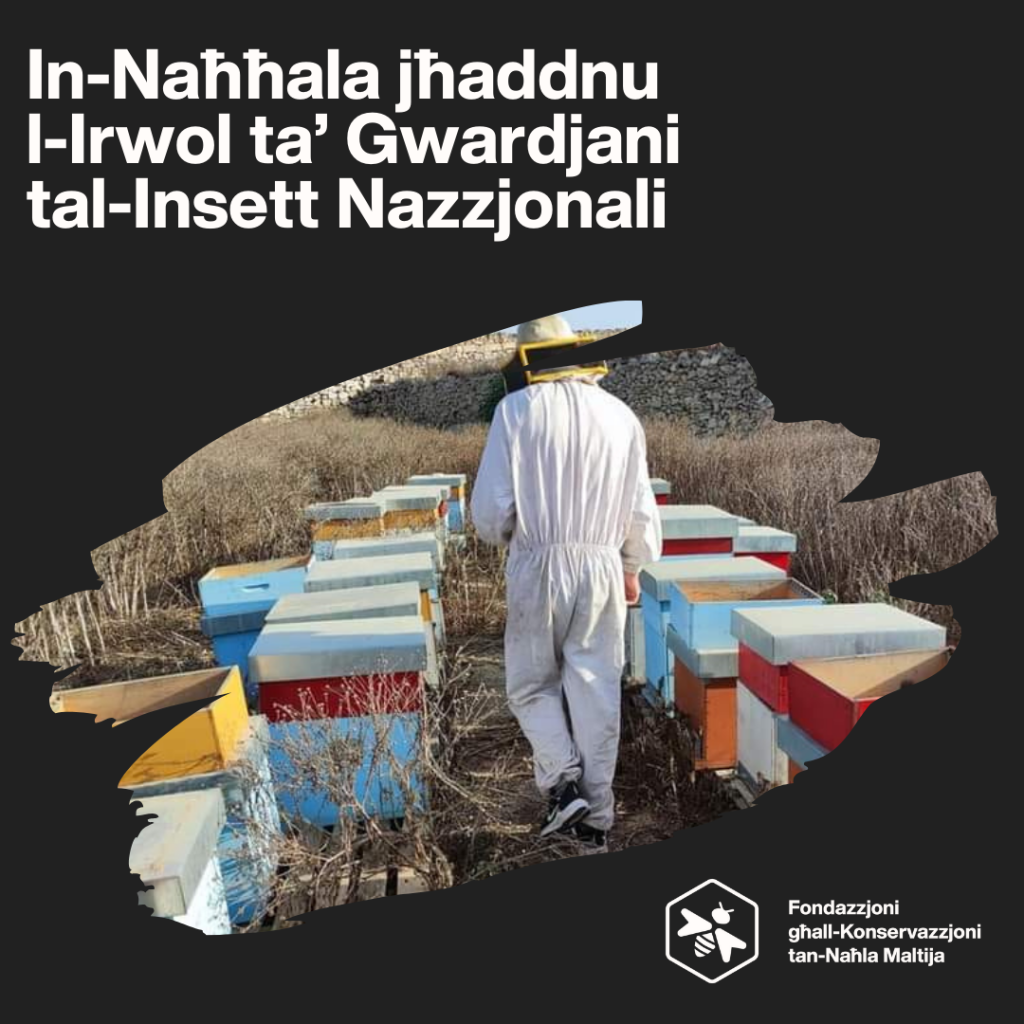
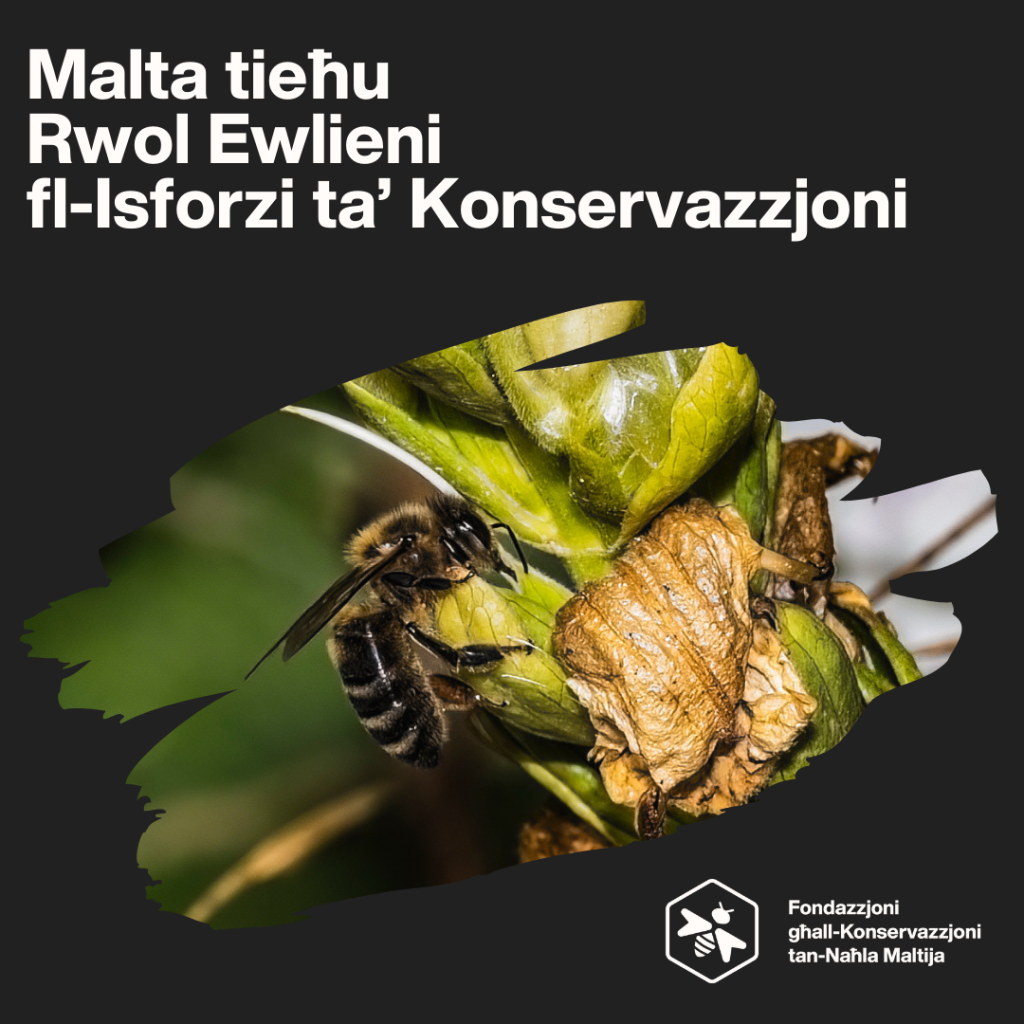
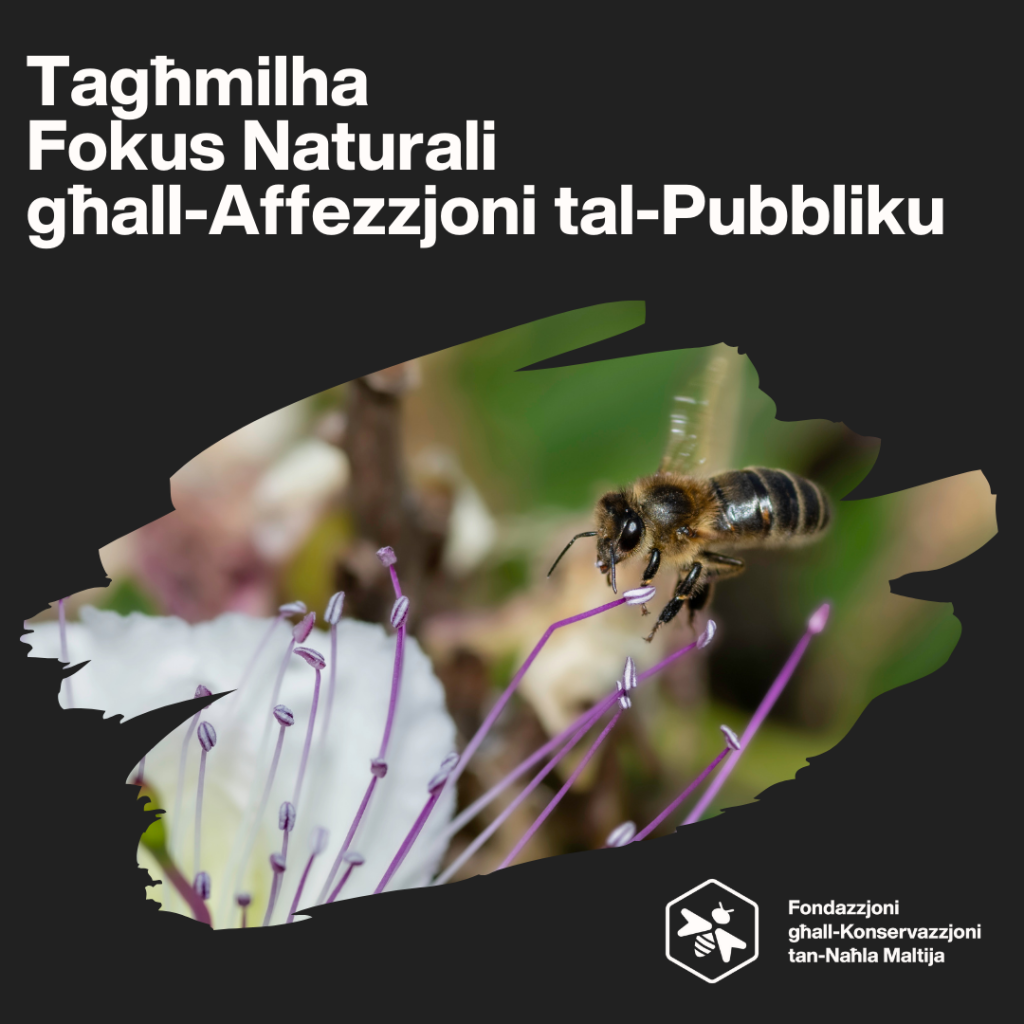
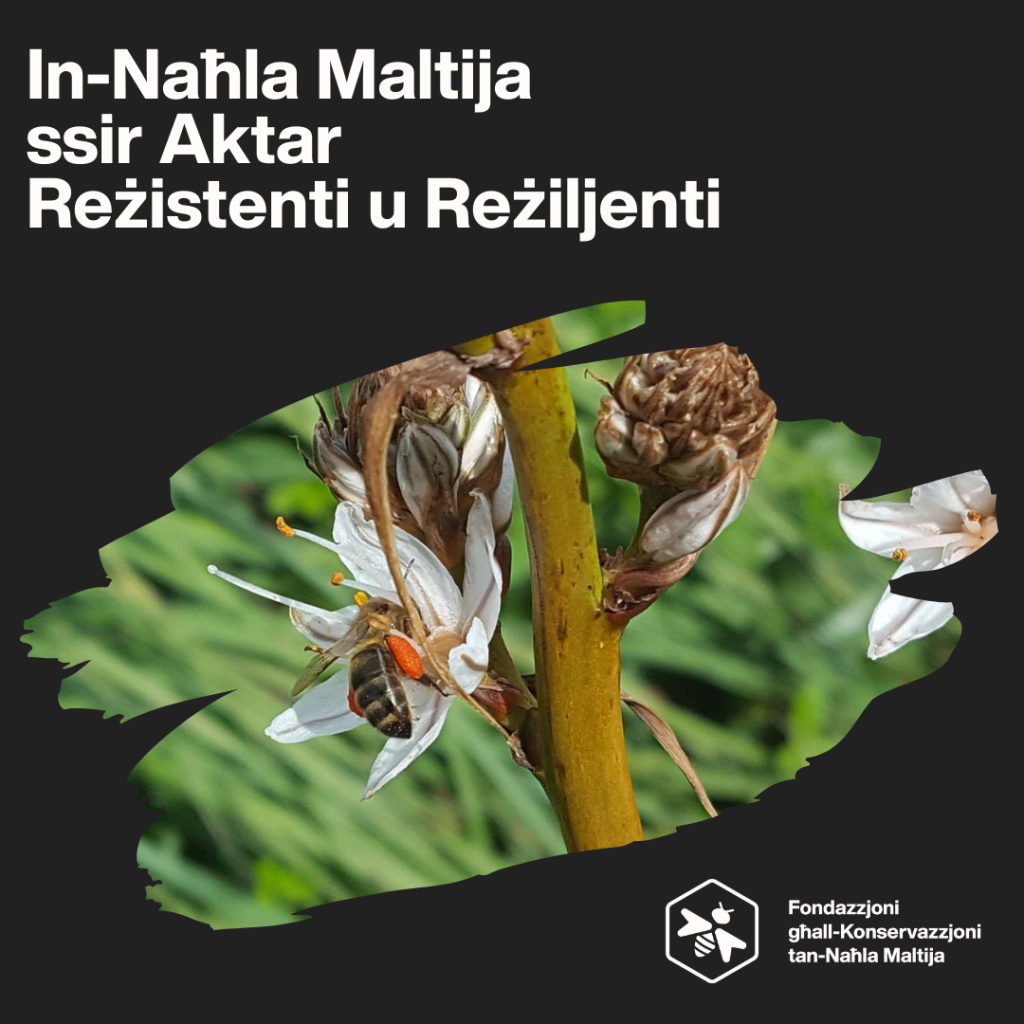
Fifth Phase: Public Consultation
The request to designate the Maltese Honey Bee (Apis mellifera ruttneri) as the National Insect of Malta by the Environmental and Resources Authority, has been positively evaluated. Now, our request will proceed to the public consultation step (19th February 2024 – 18th March 2024) as outlined in Article 55 of the Environment Protection Act (CAP. 549). Our initiative is edging closer to becoming a reality! We invite everyone to participate in the public consultation, which would elevate the status of our precious endemic honey bee! More information can be found here
The Hon. Dr. Miriam Dalli, Minister for the Environment, Energy, and Regeneration of the Grand Harbour, is also endorsing the initiative. On the 19th of February 2024, she launched the Public Consultation during an event held in Buskett, attended by students from Birkirkara and Ħal Safi primary schools. During the event, the Minister stated, “We aim to designate the Maltese bee as Malta’s national insect, which is why we have initiated a public consultation period lasting four weeks. We have chosen to commence this consultation with children, whose diverse ideas and perspectives are invaluable to us.”

Sixth Phase: Aftermath
The Foundation is presently developing an educational video clip about the Maltese Honey Bee within the context of the National Insect Initiative through funds secured from the Malta Council for the Voluntary Sector through a successful application.
Other Information

